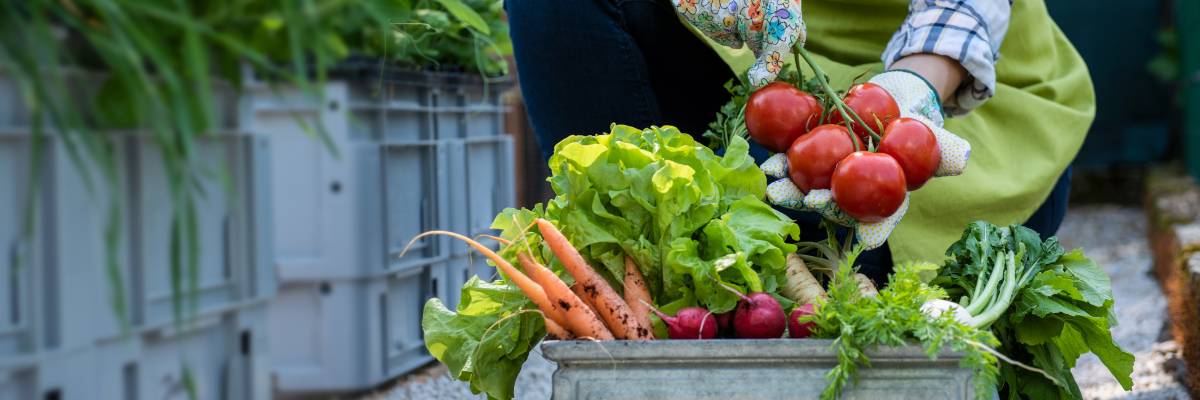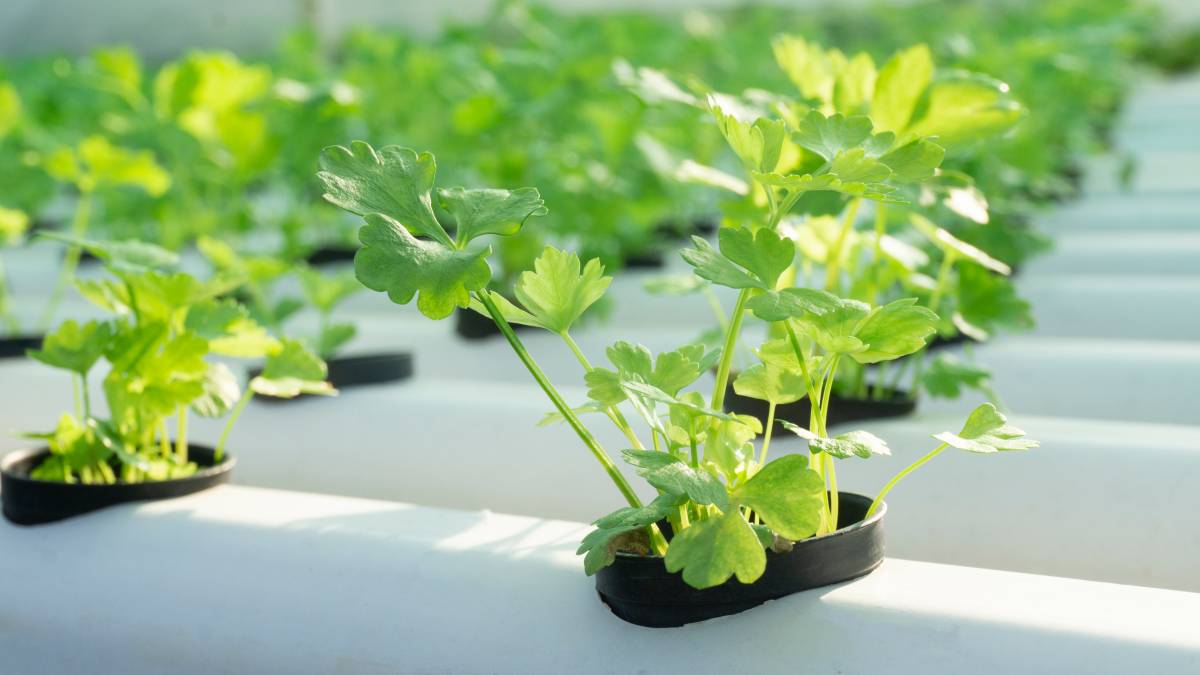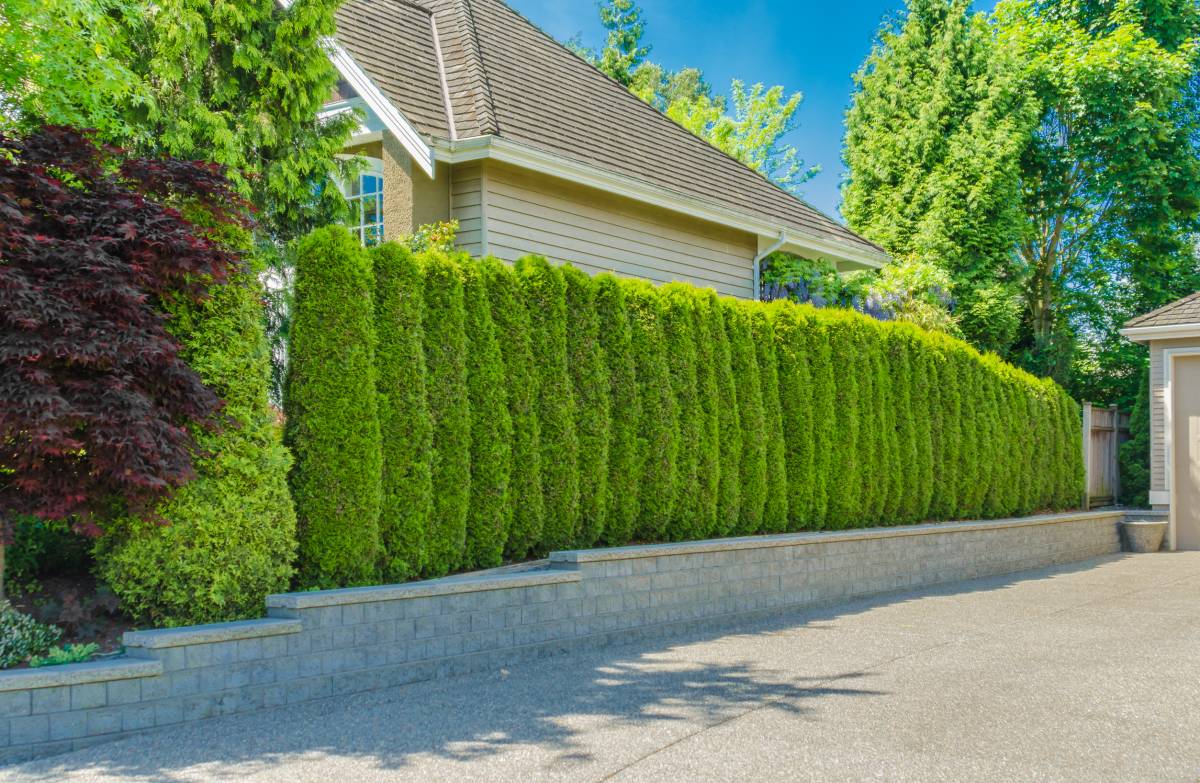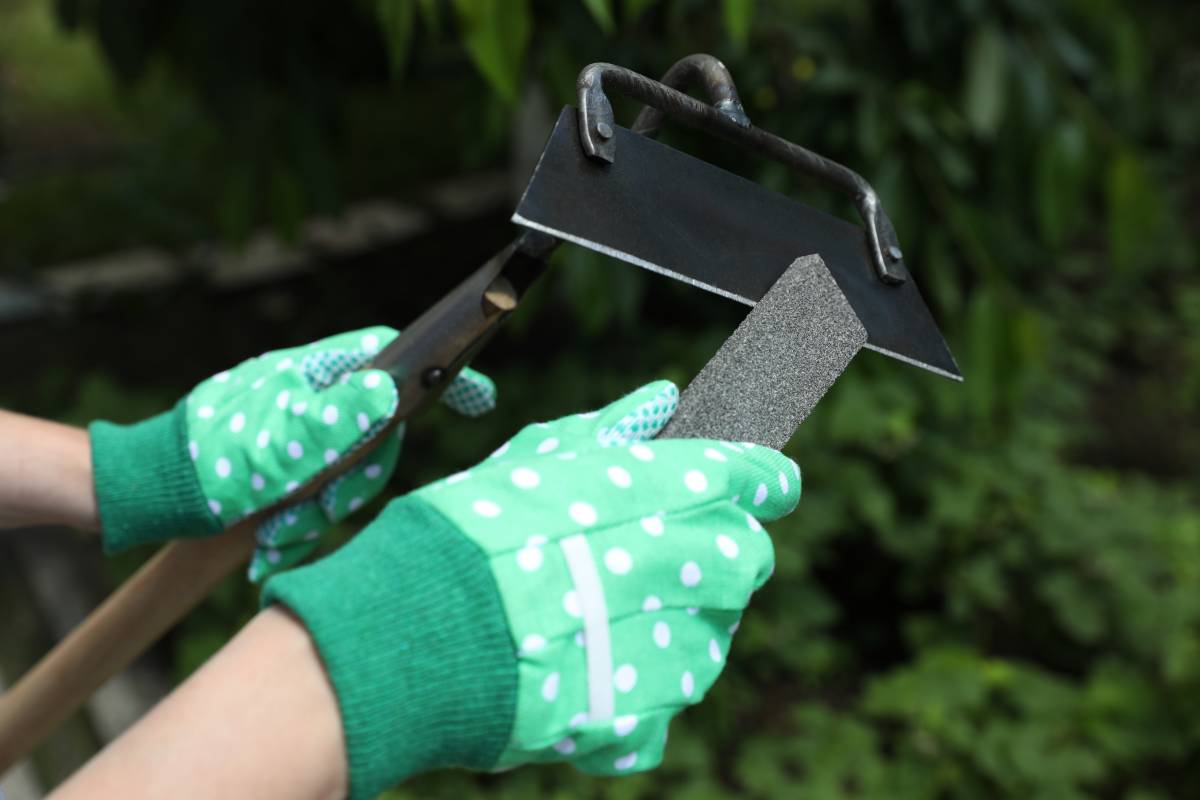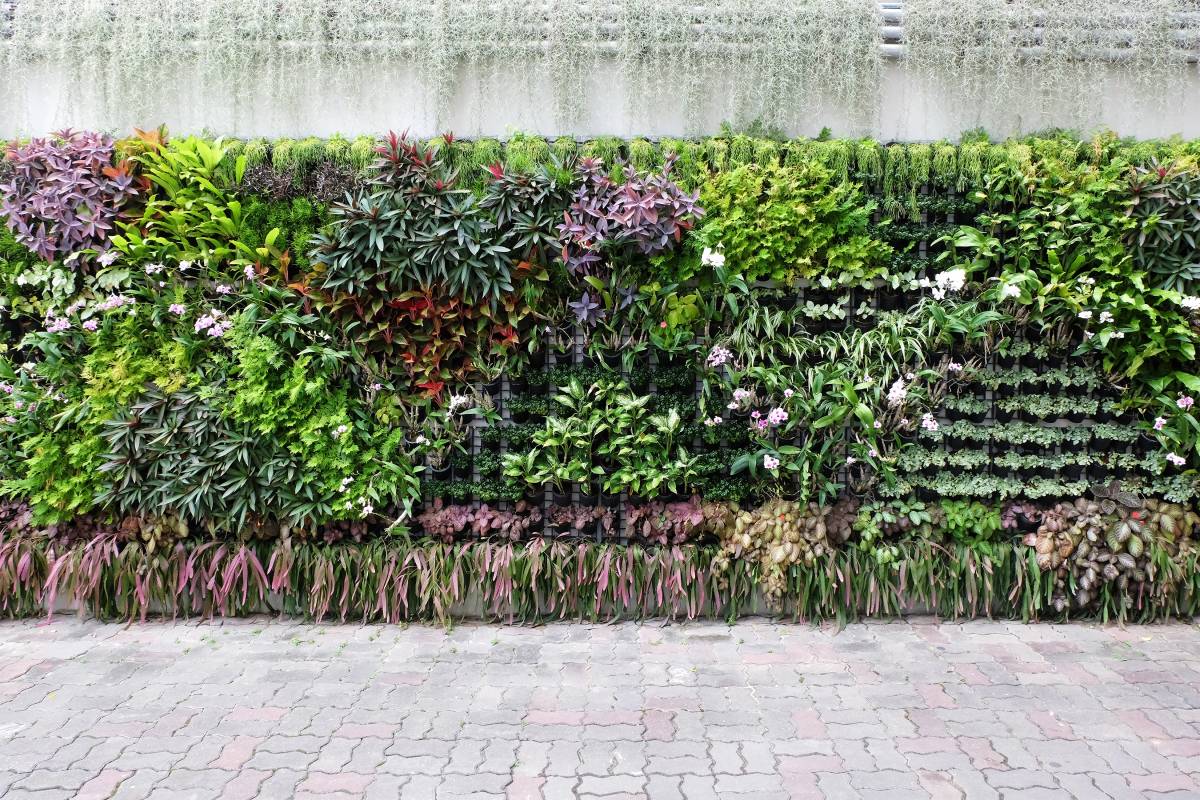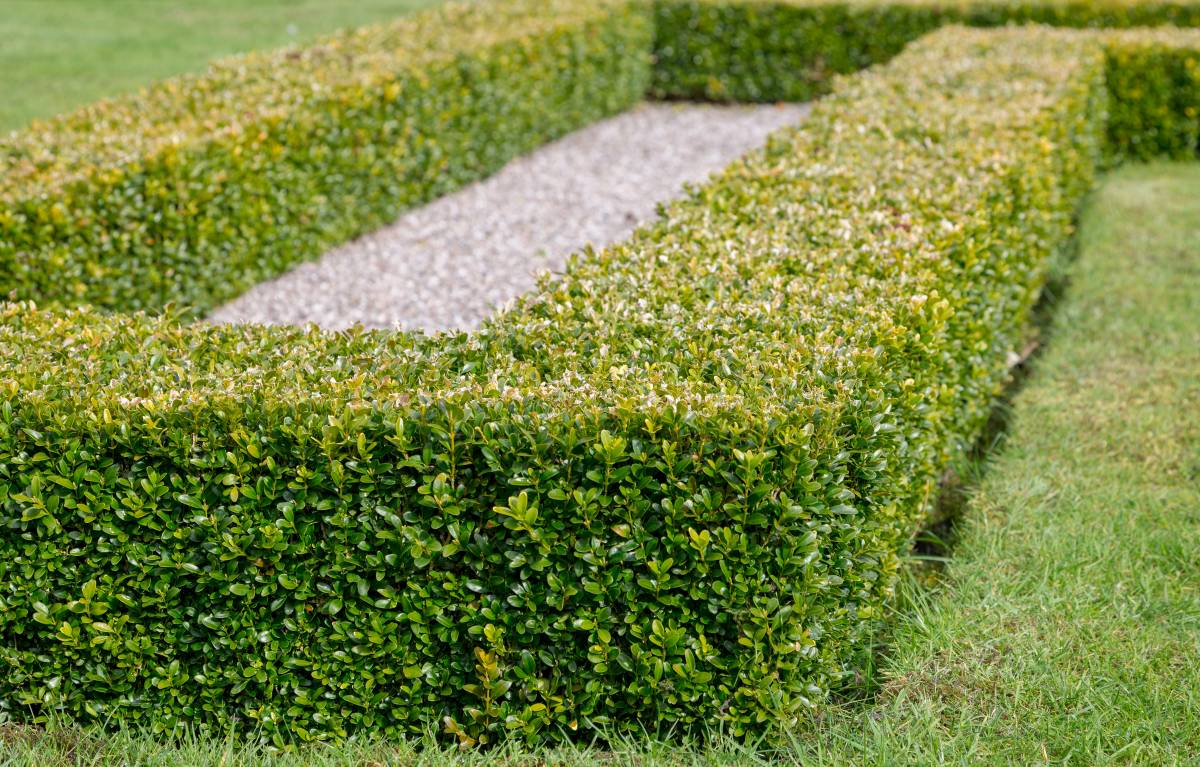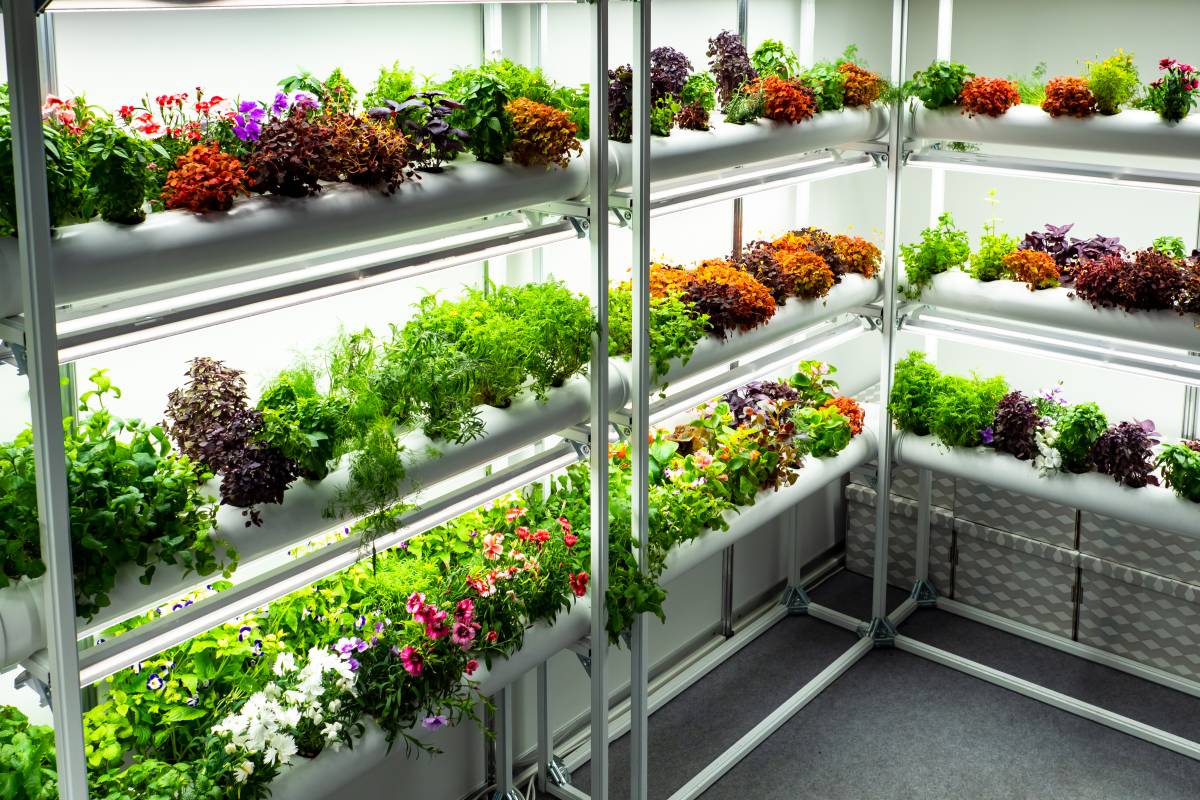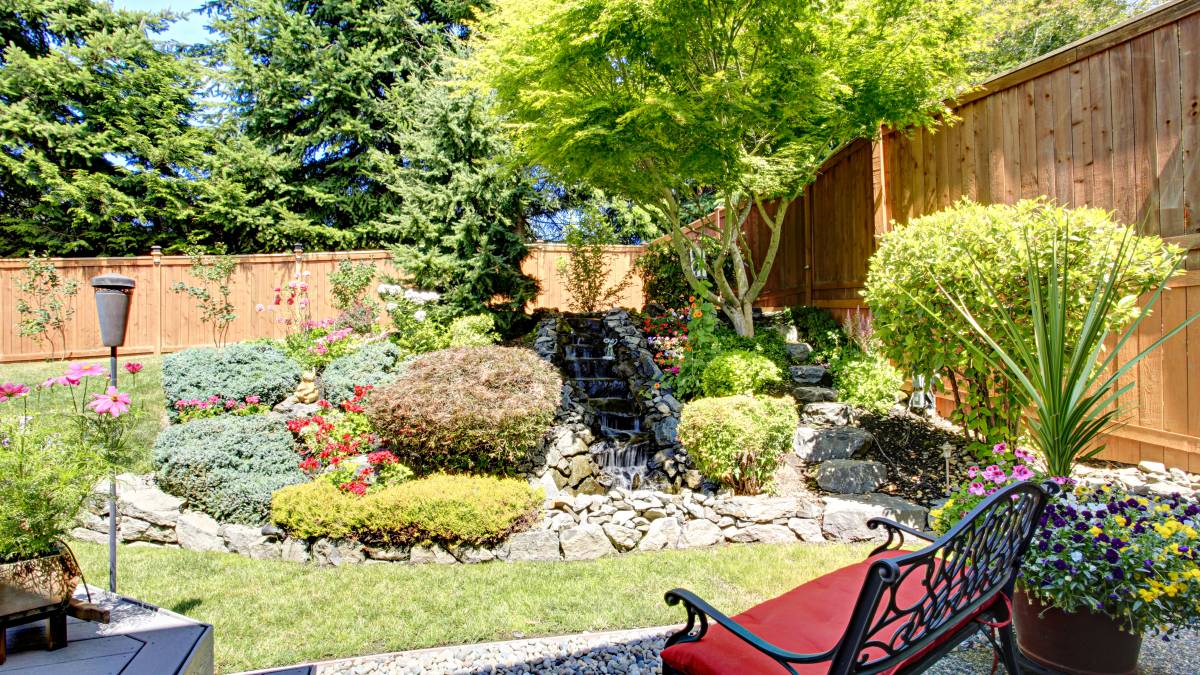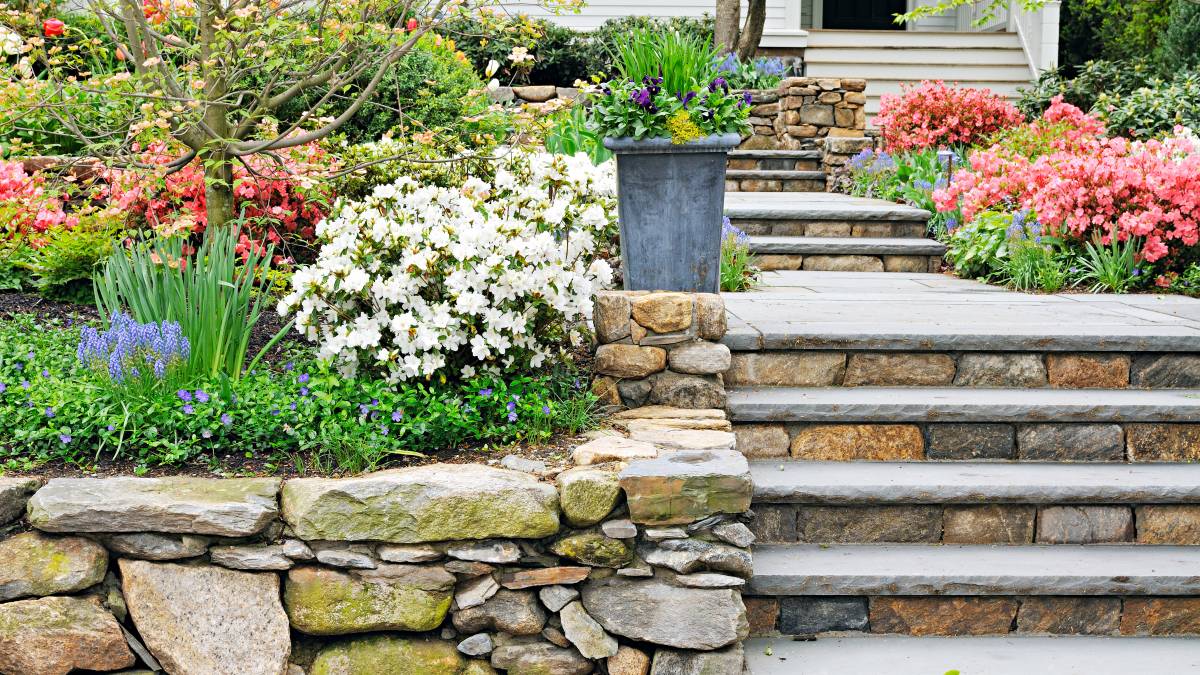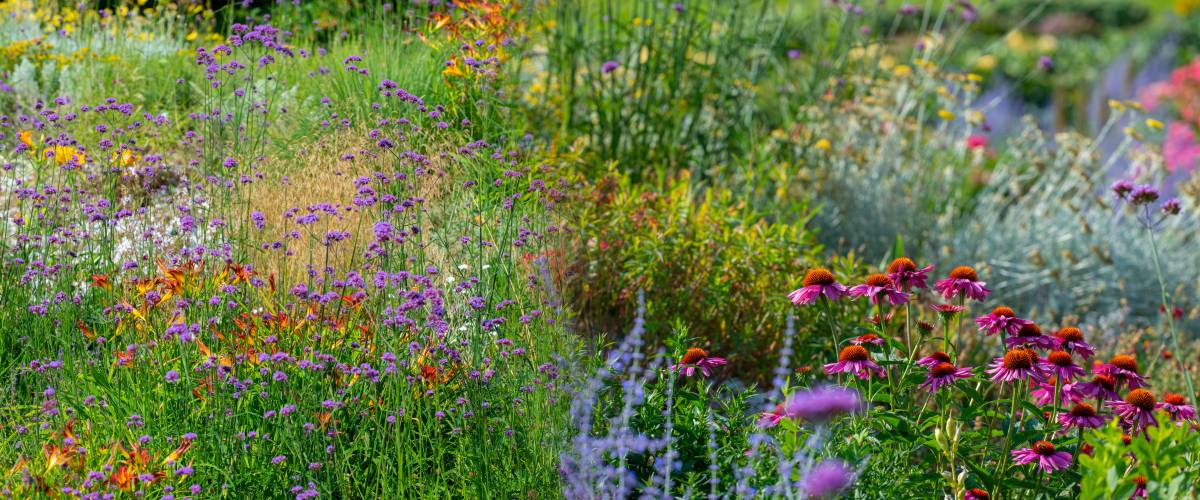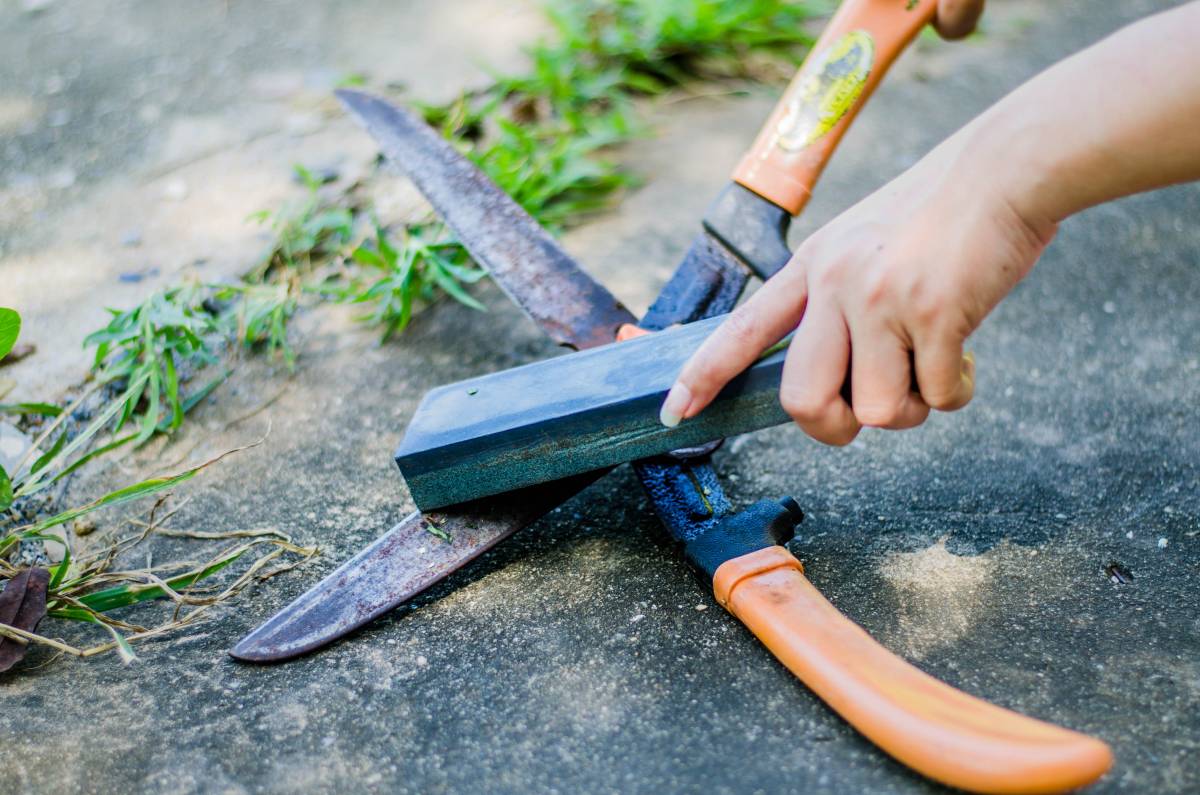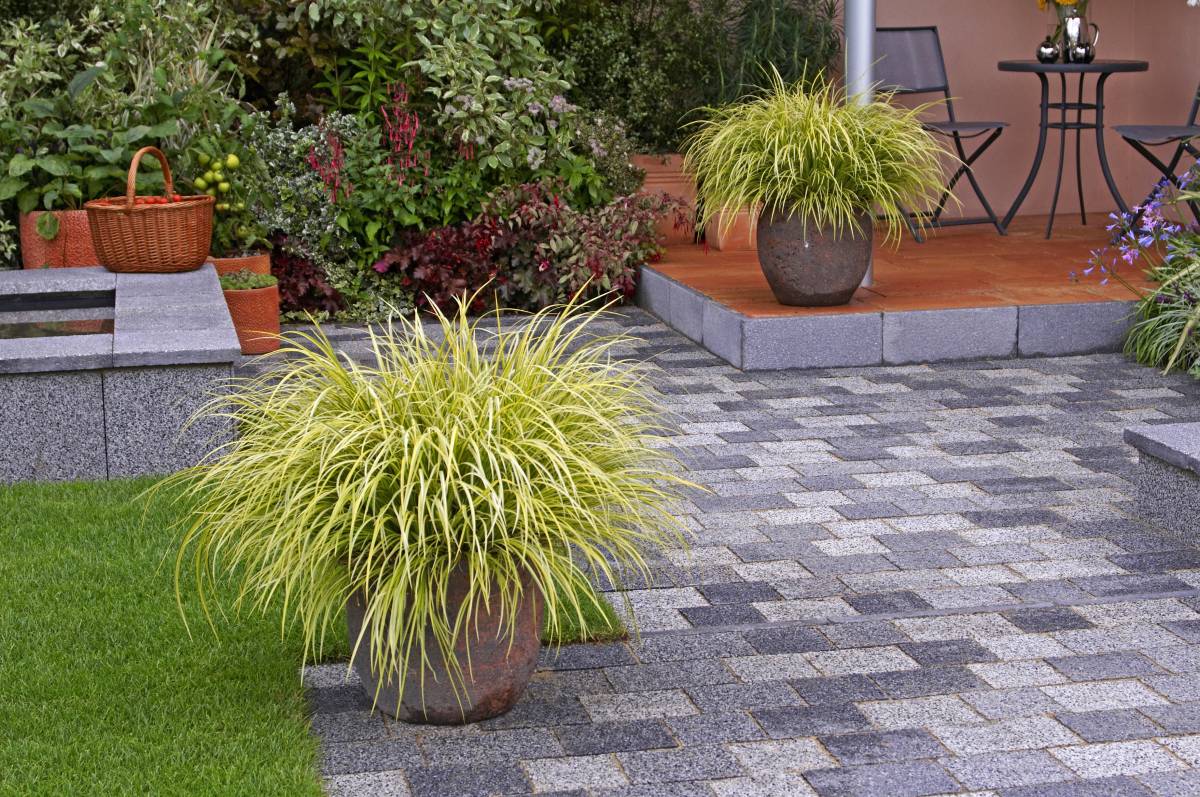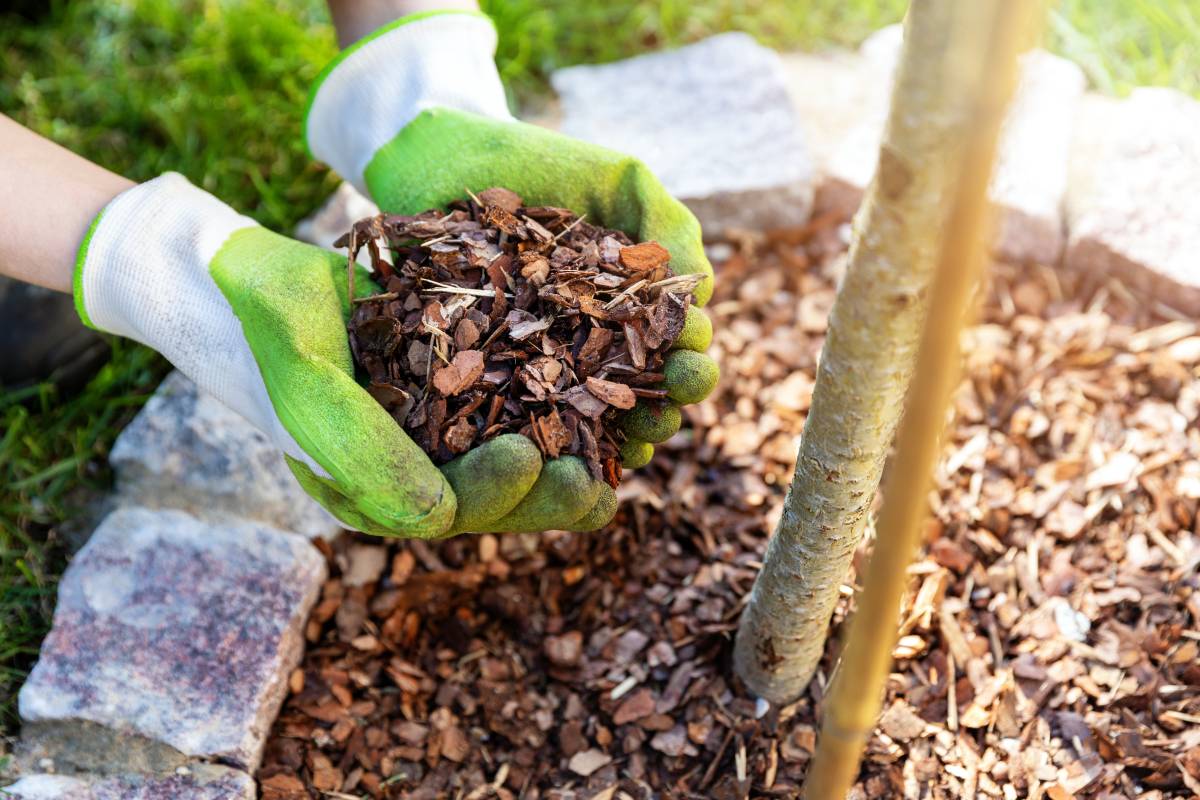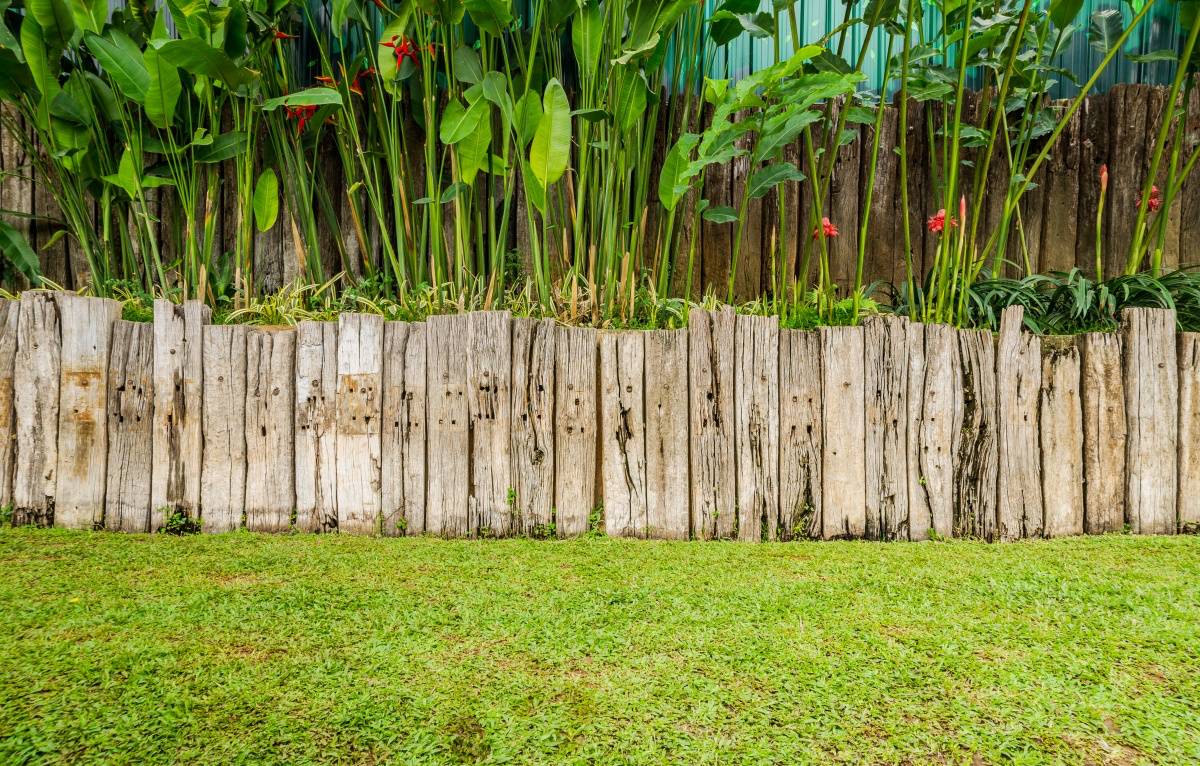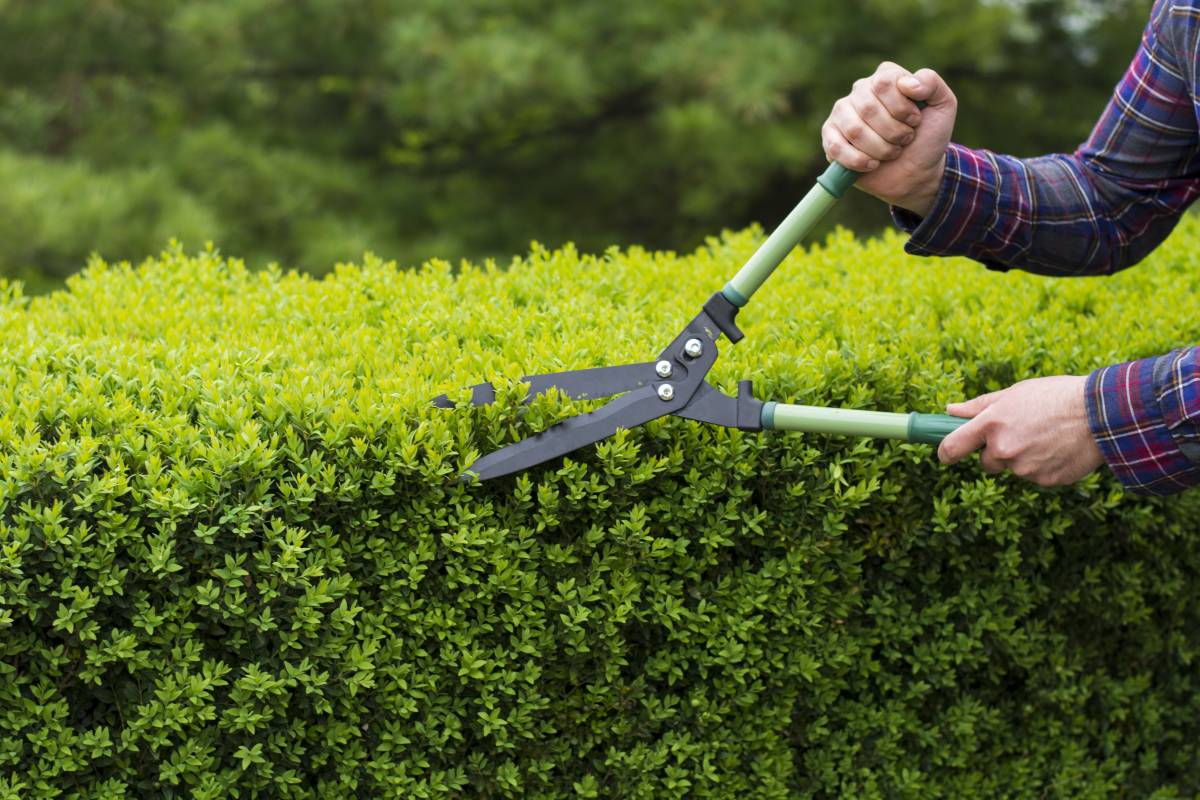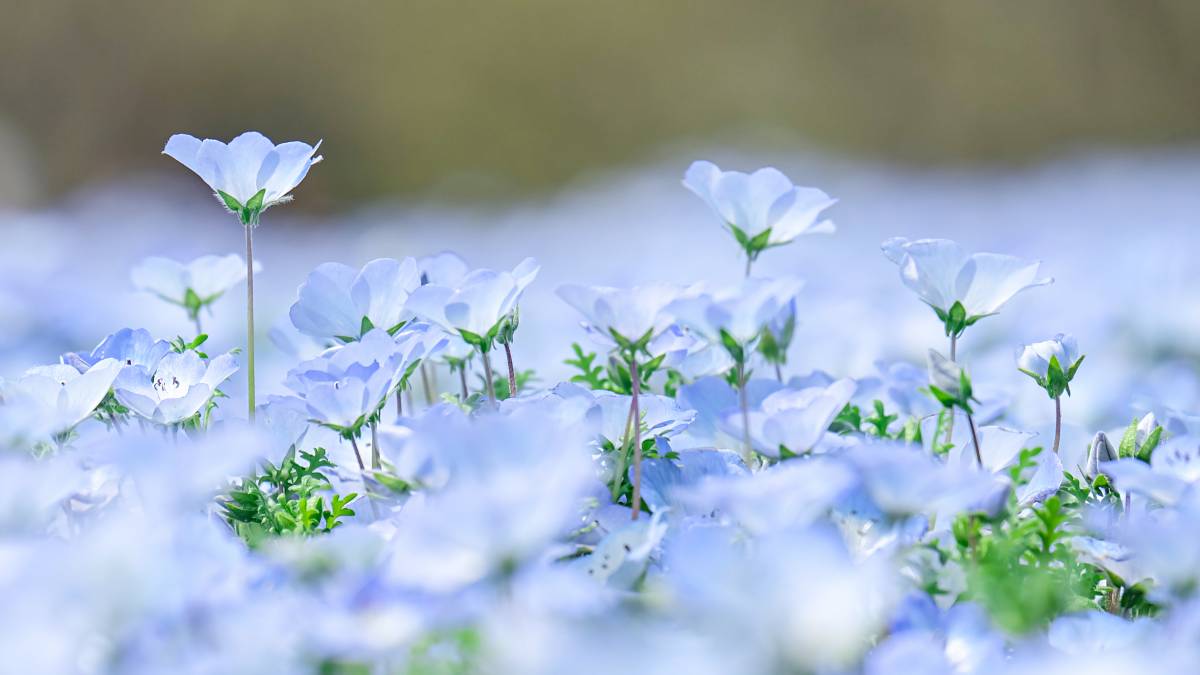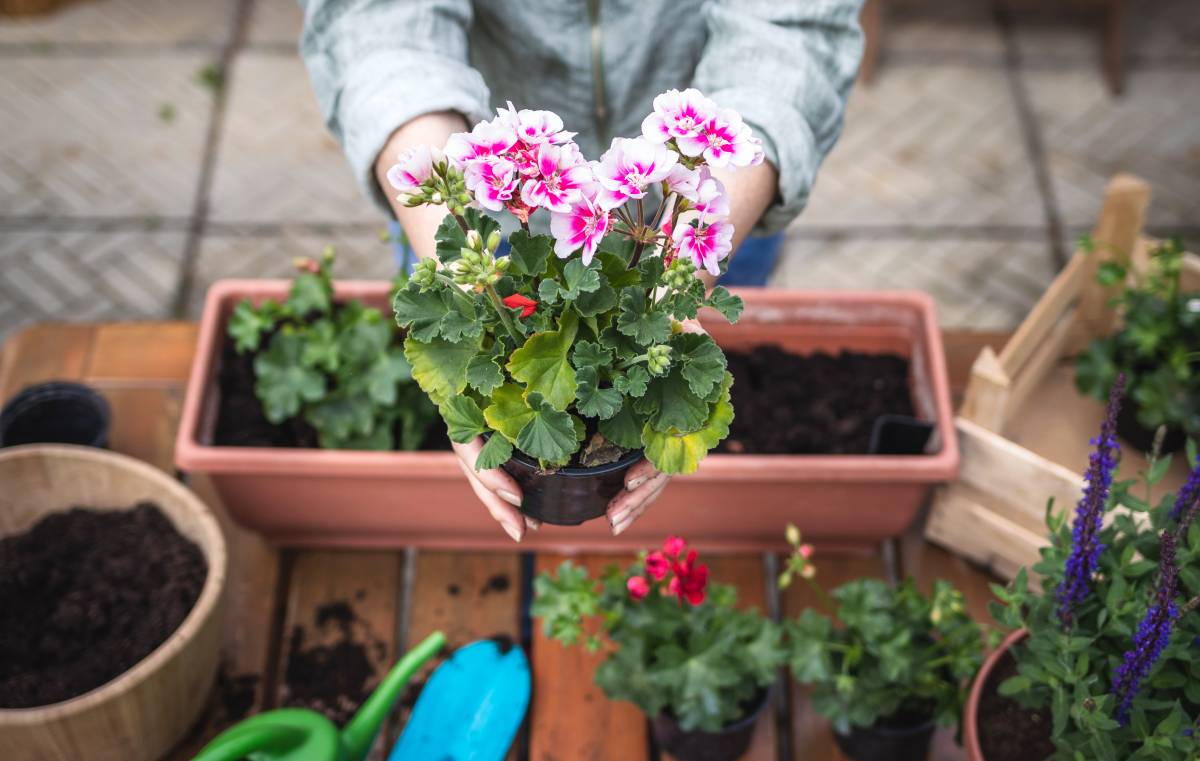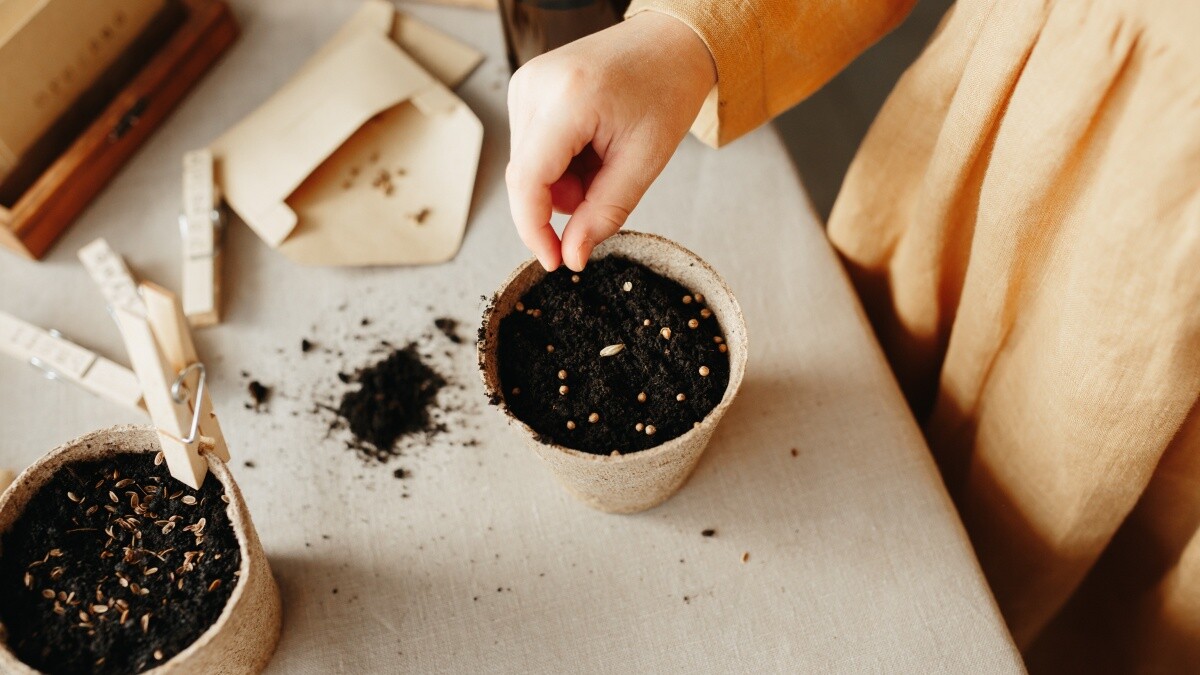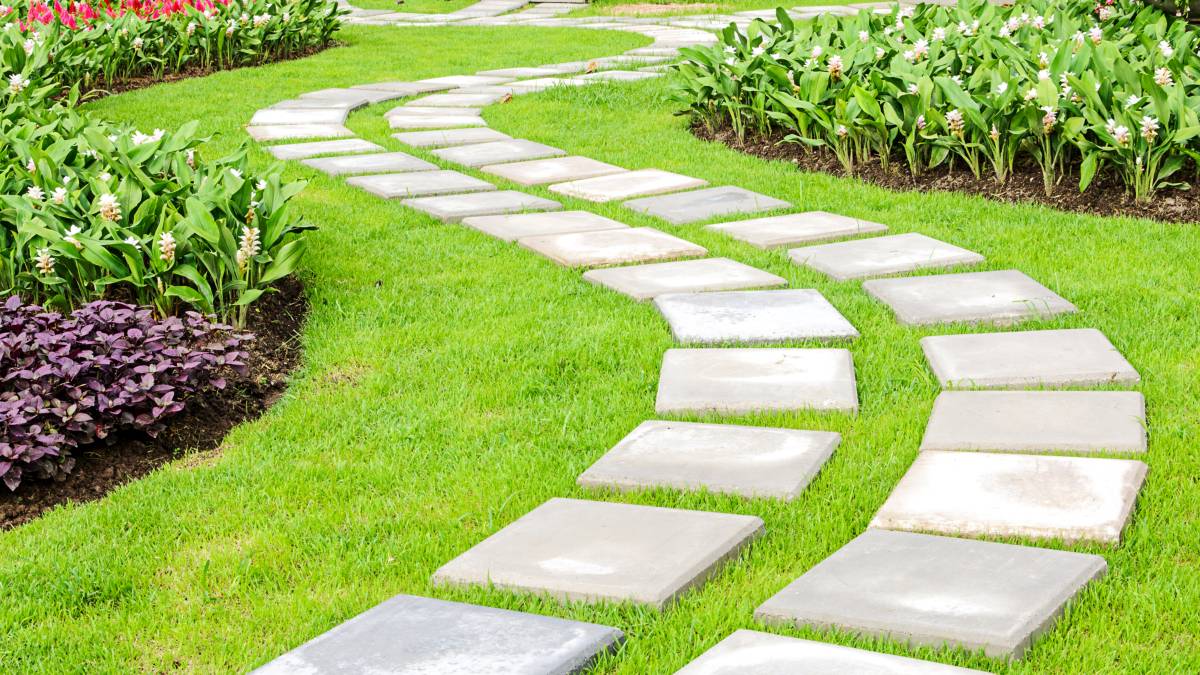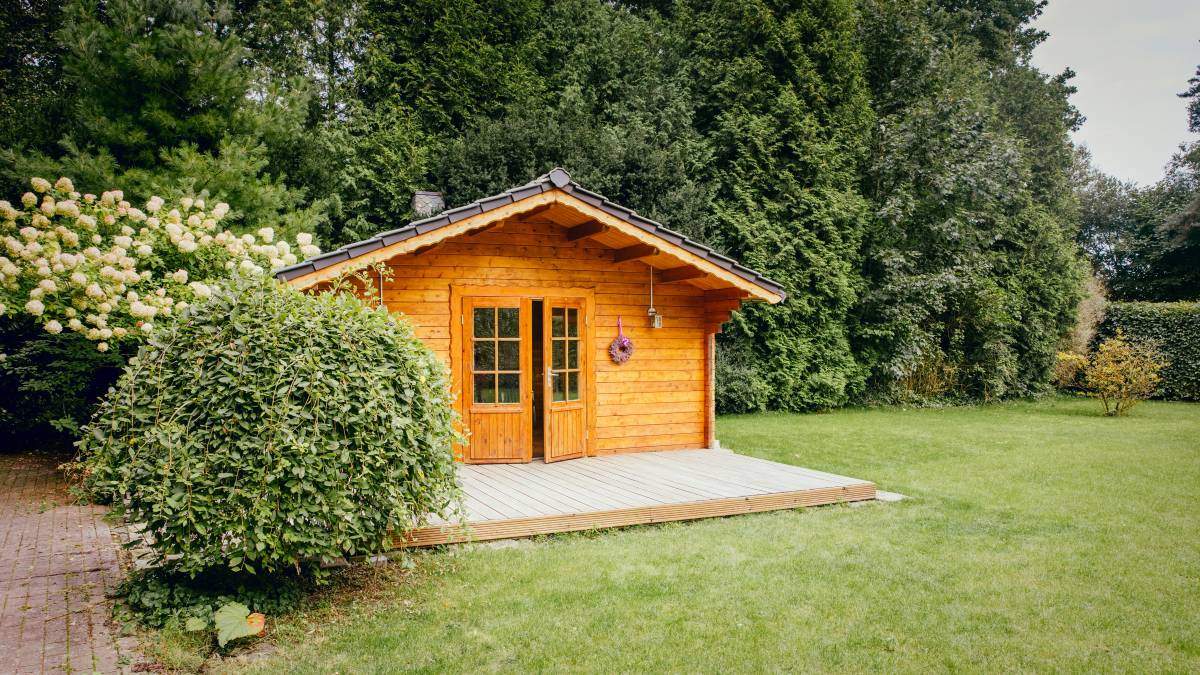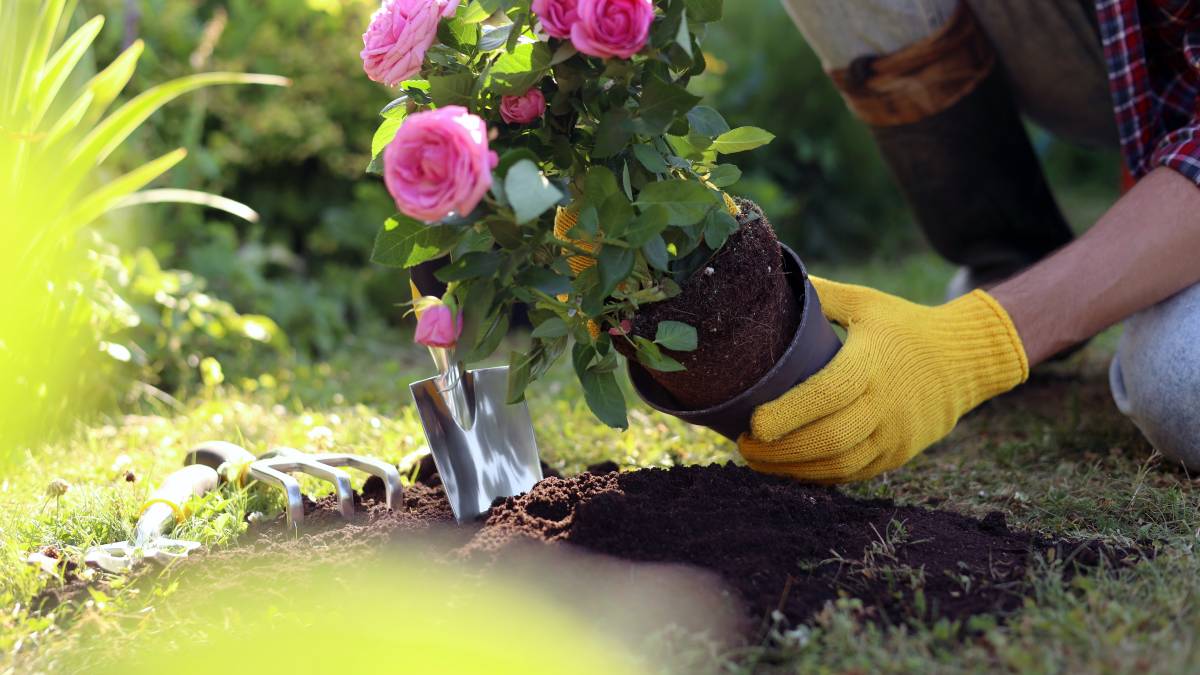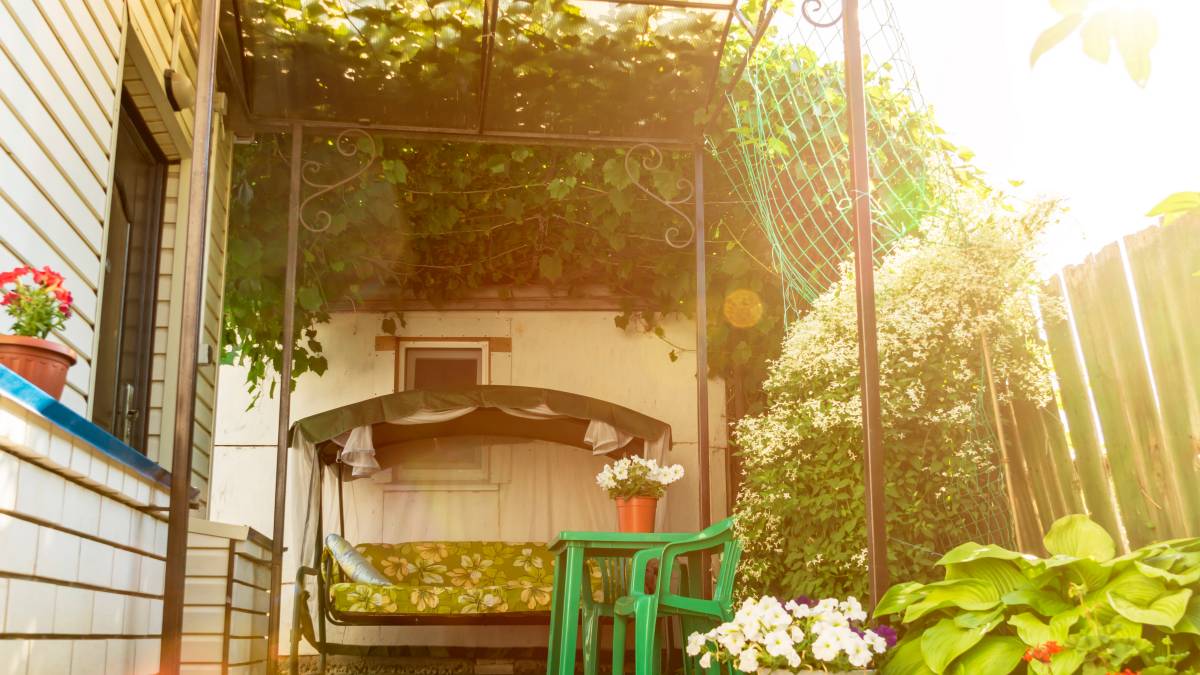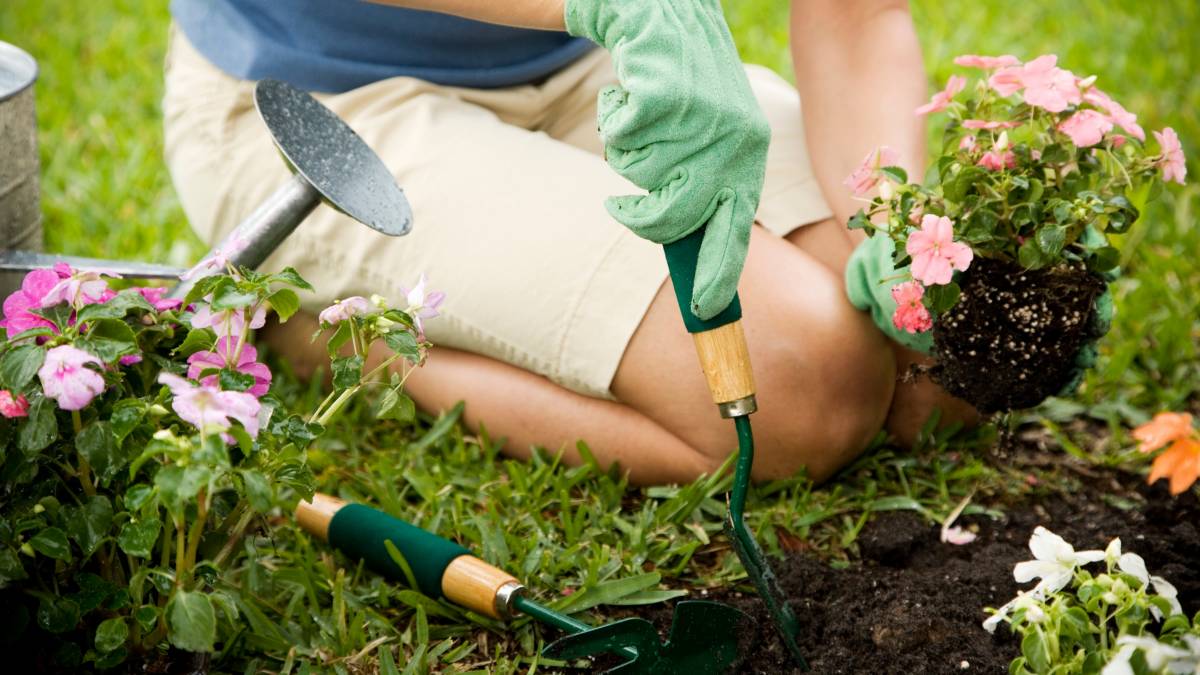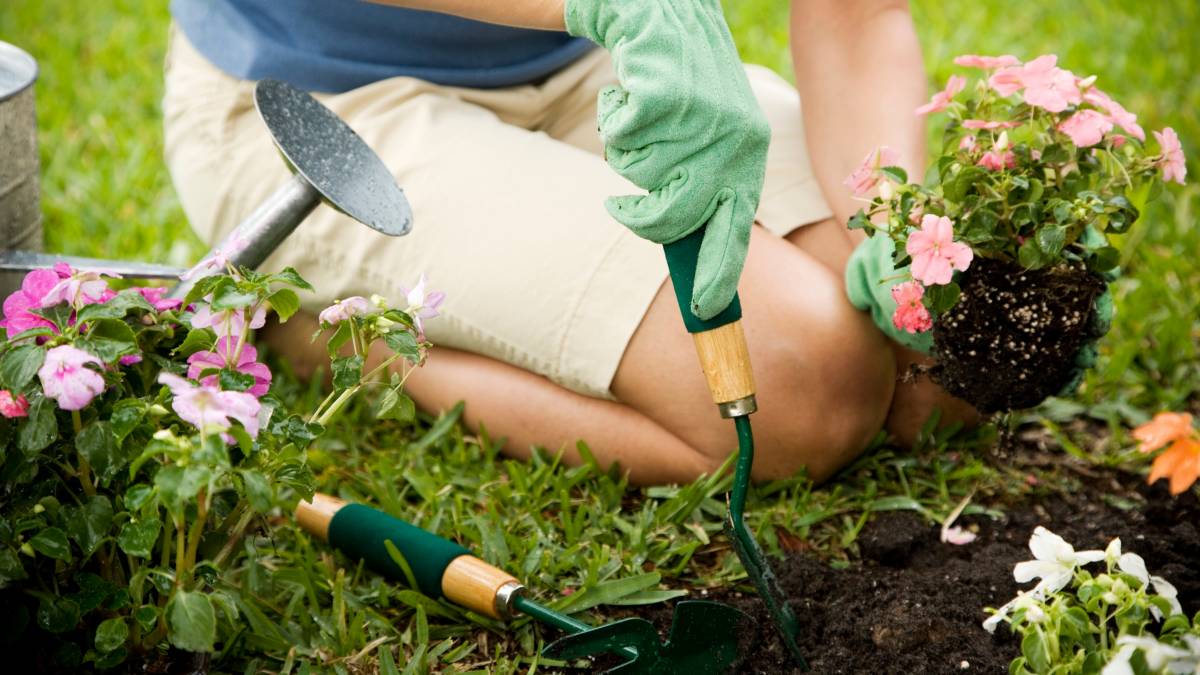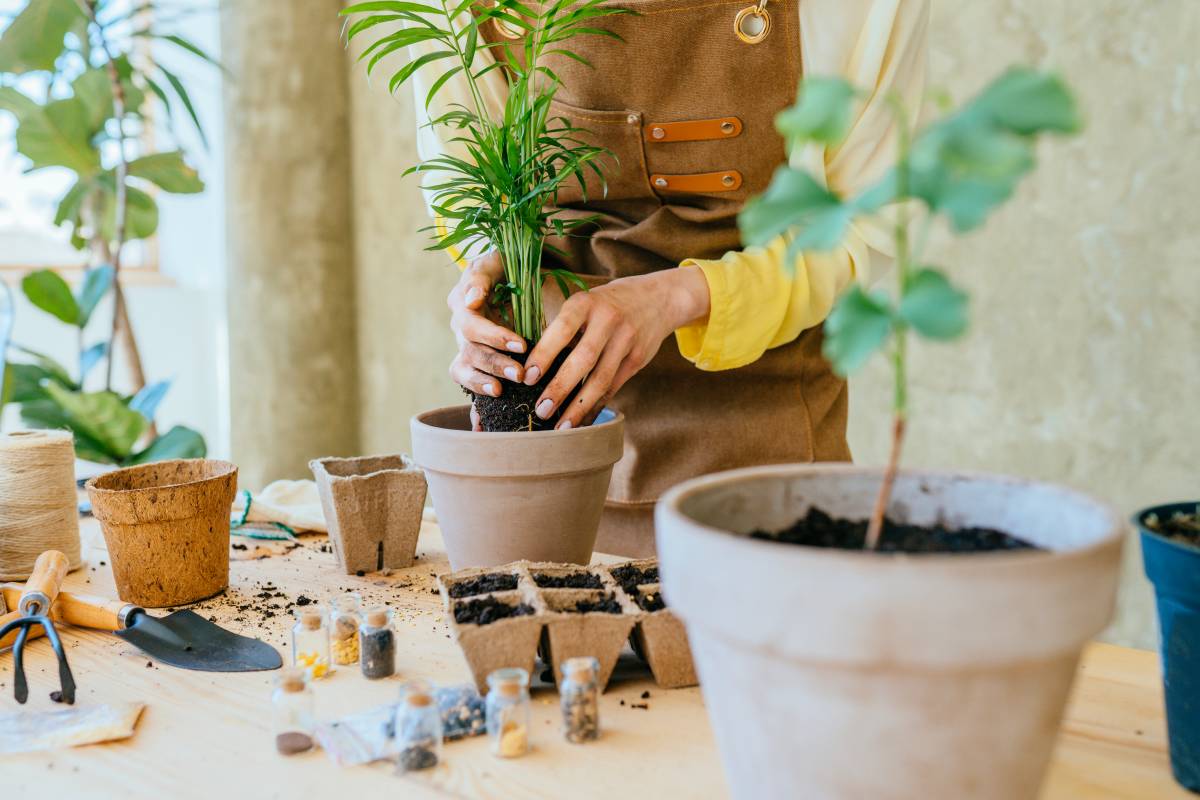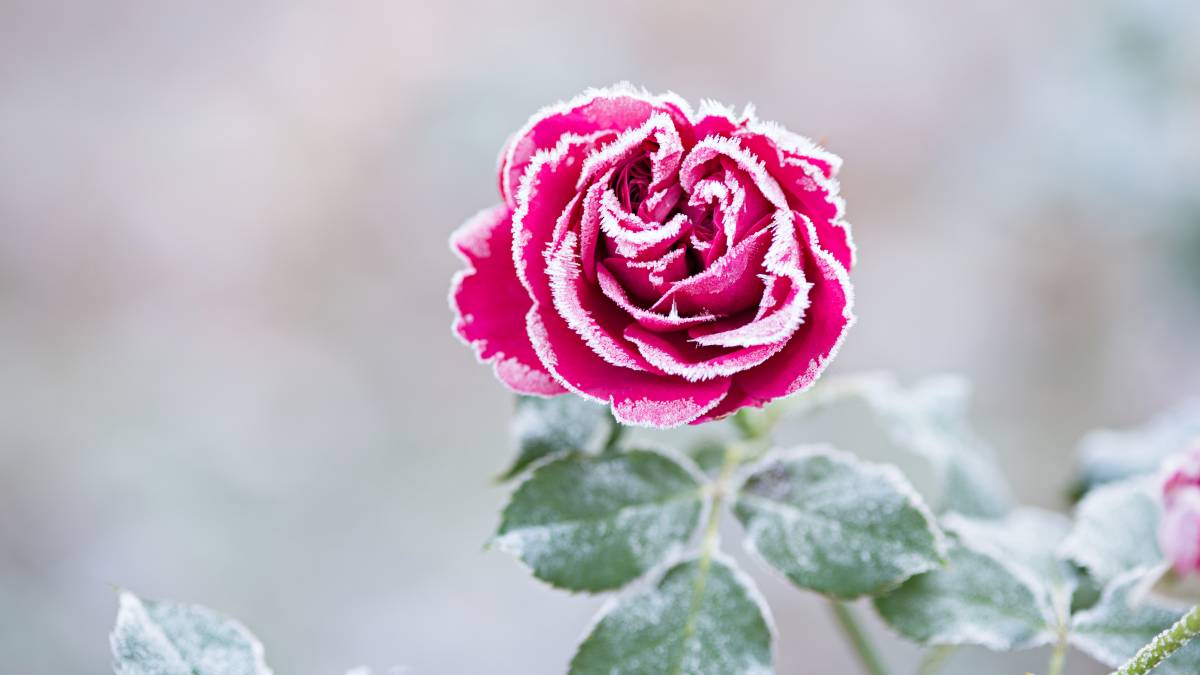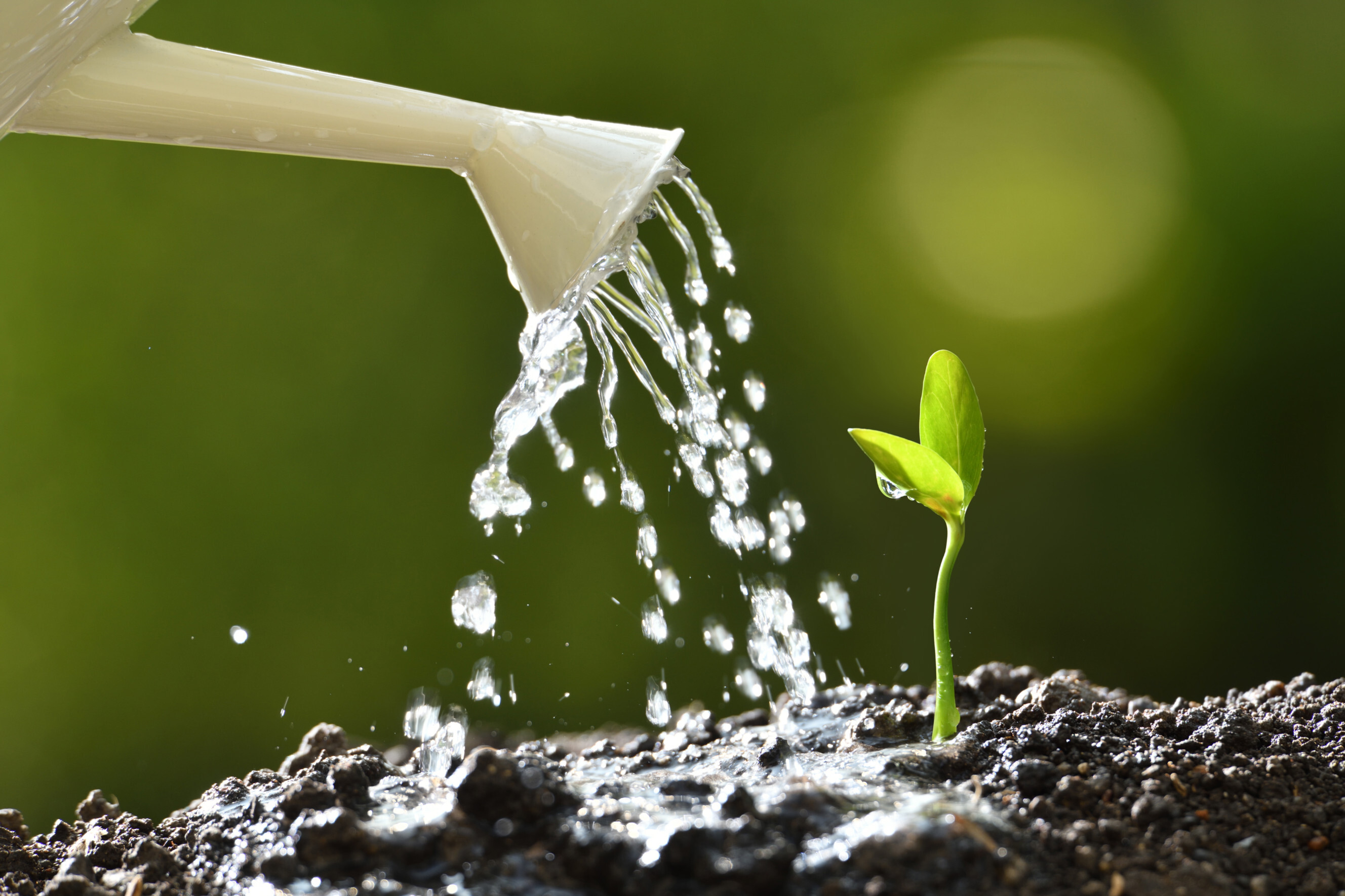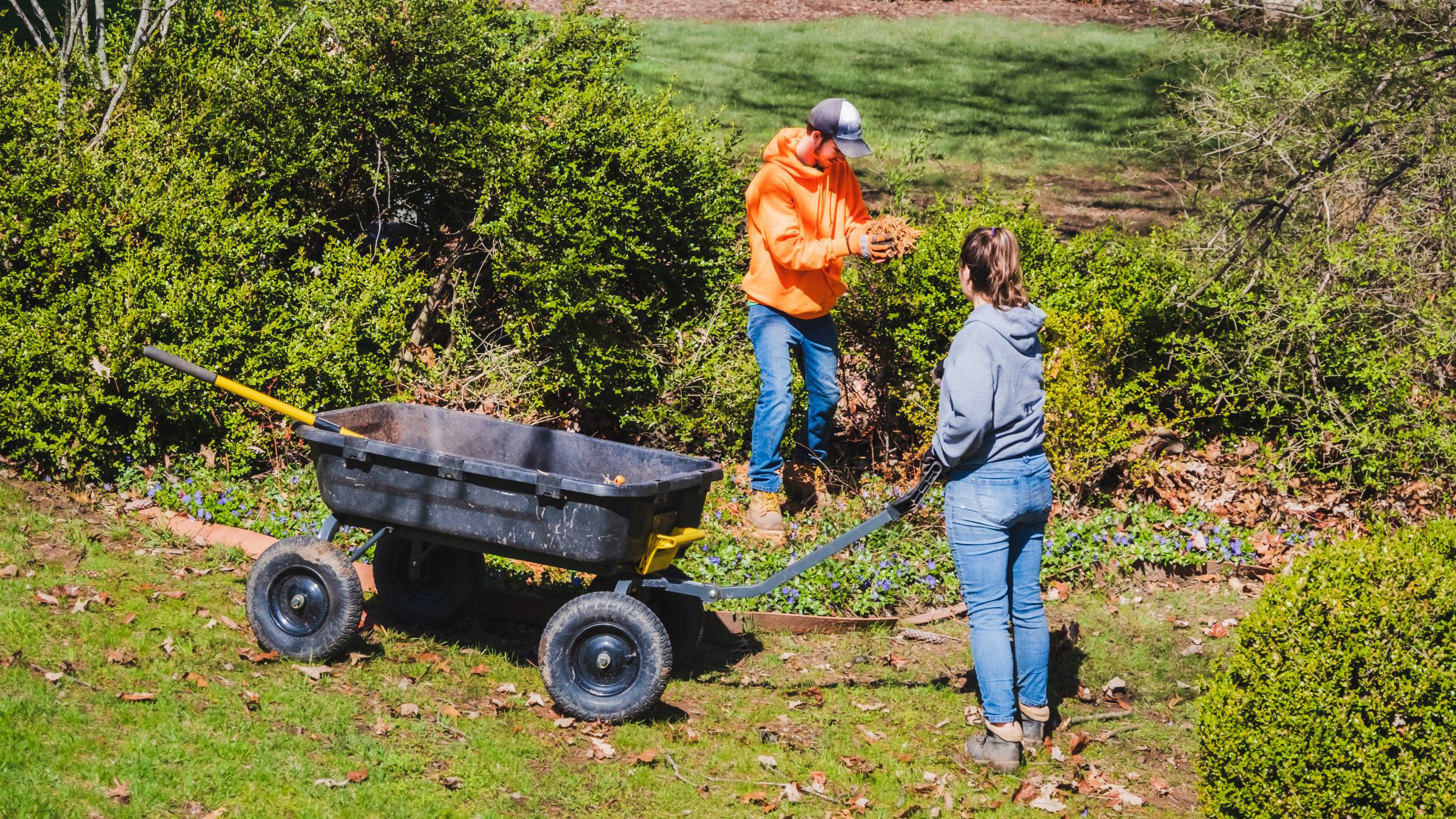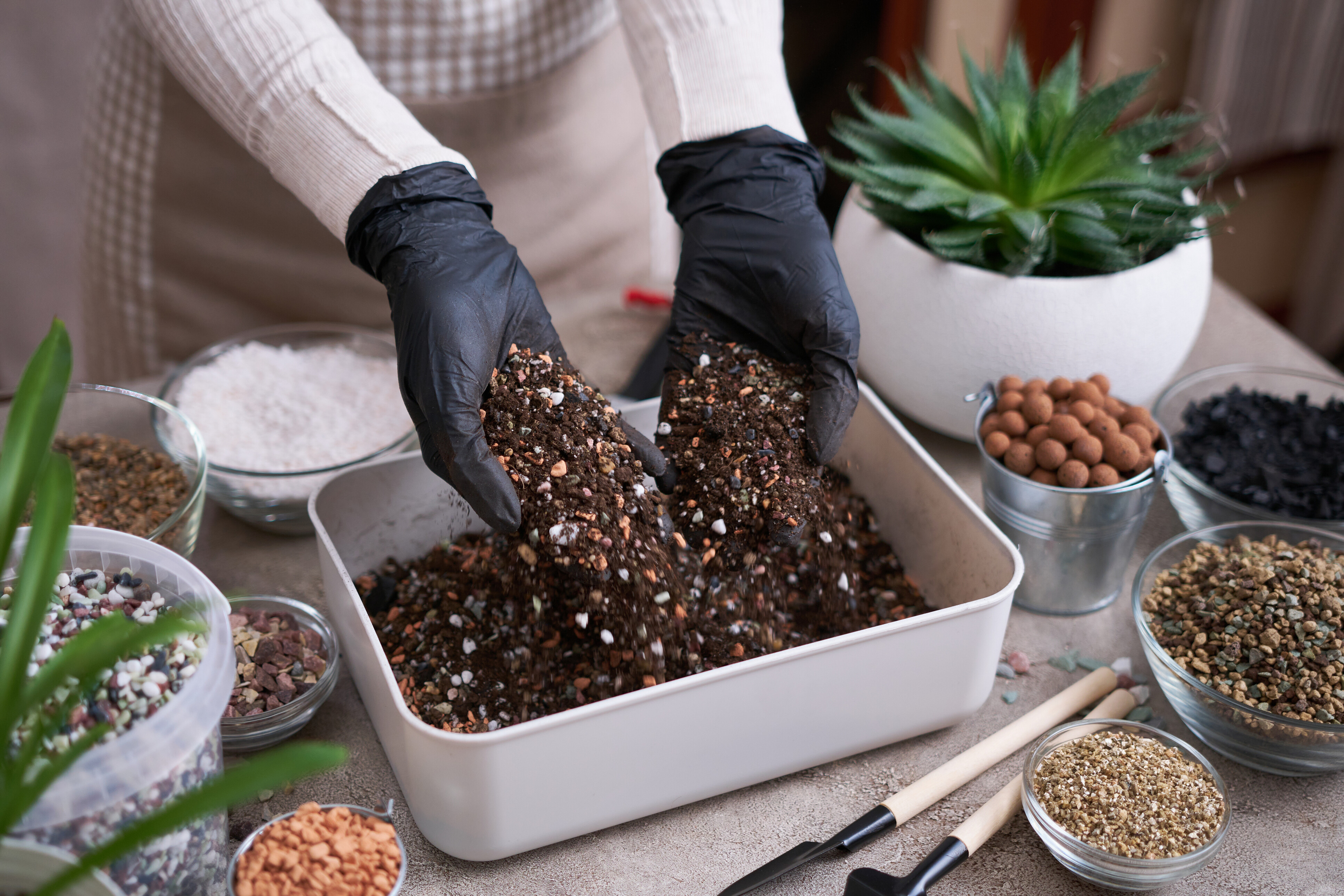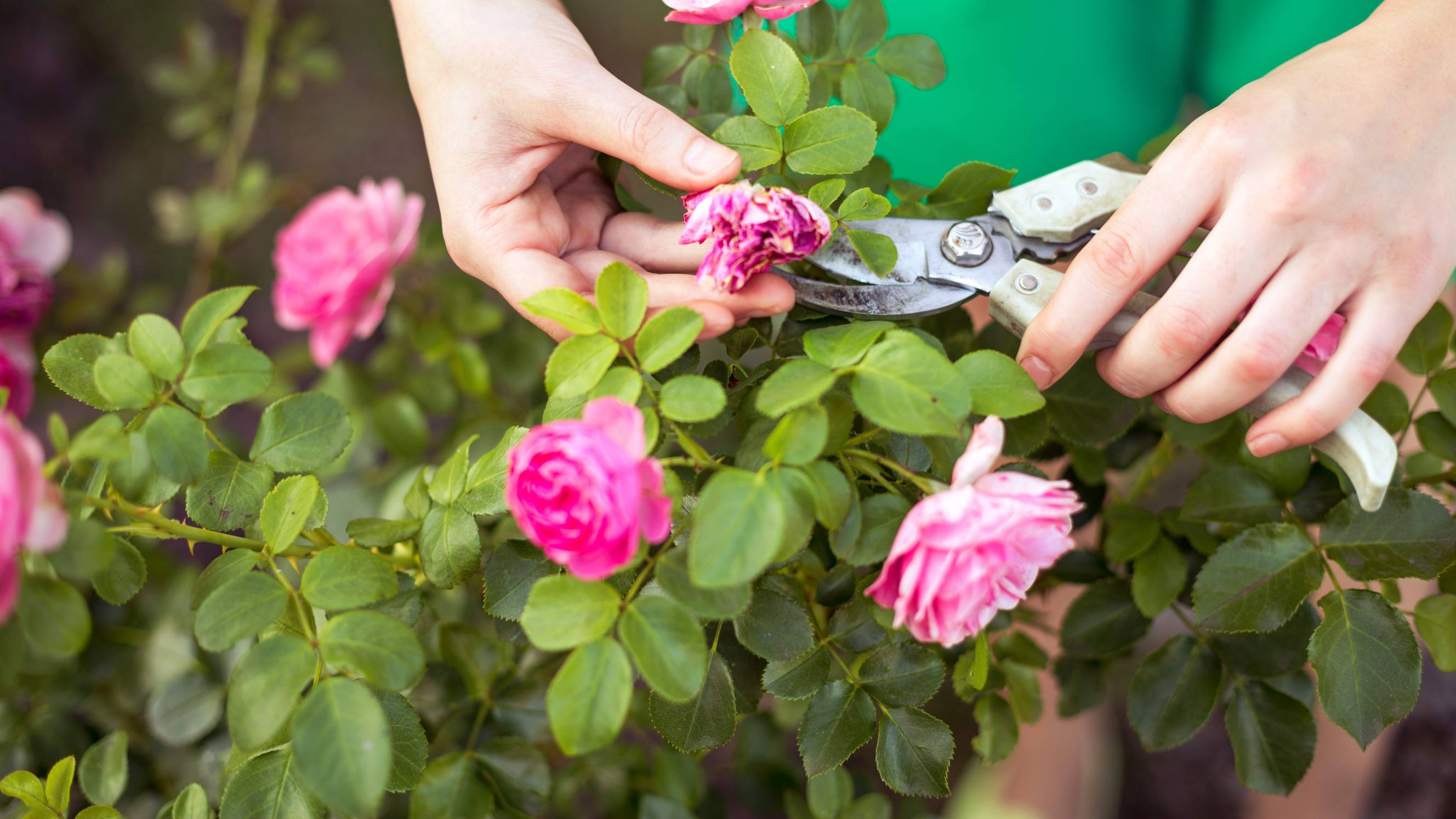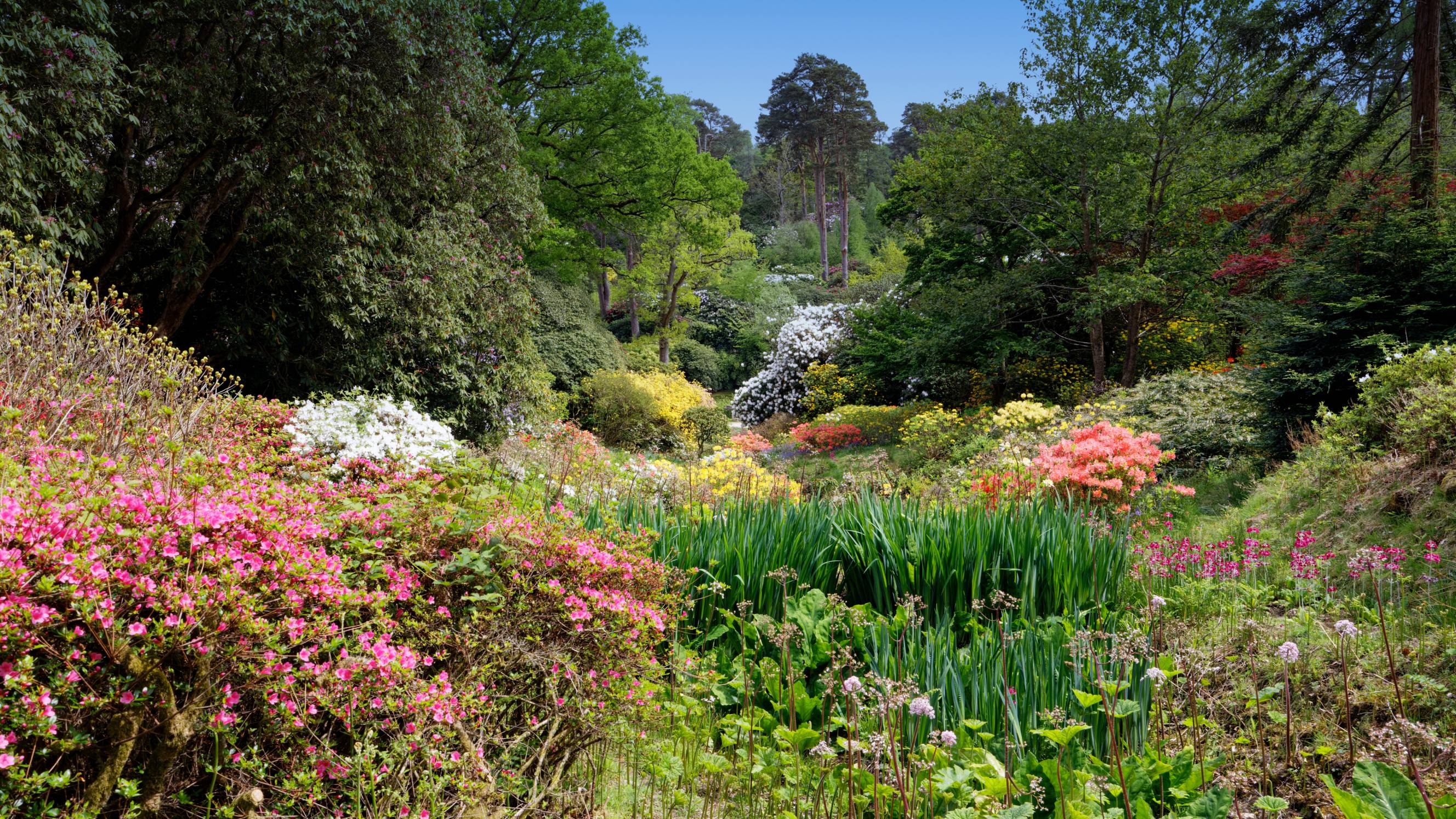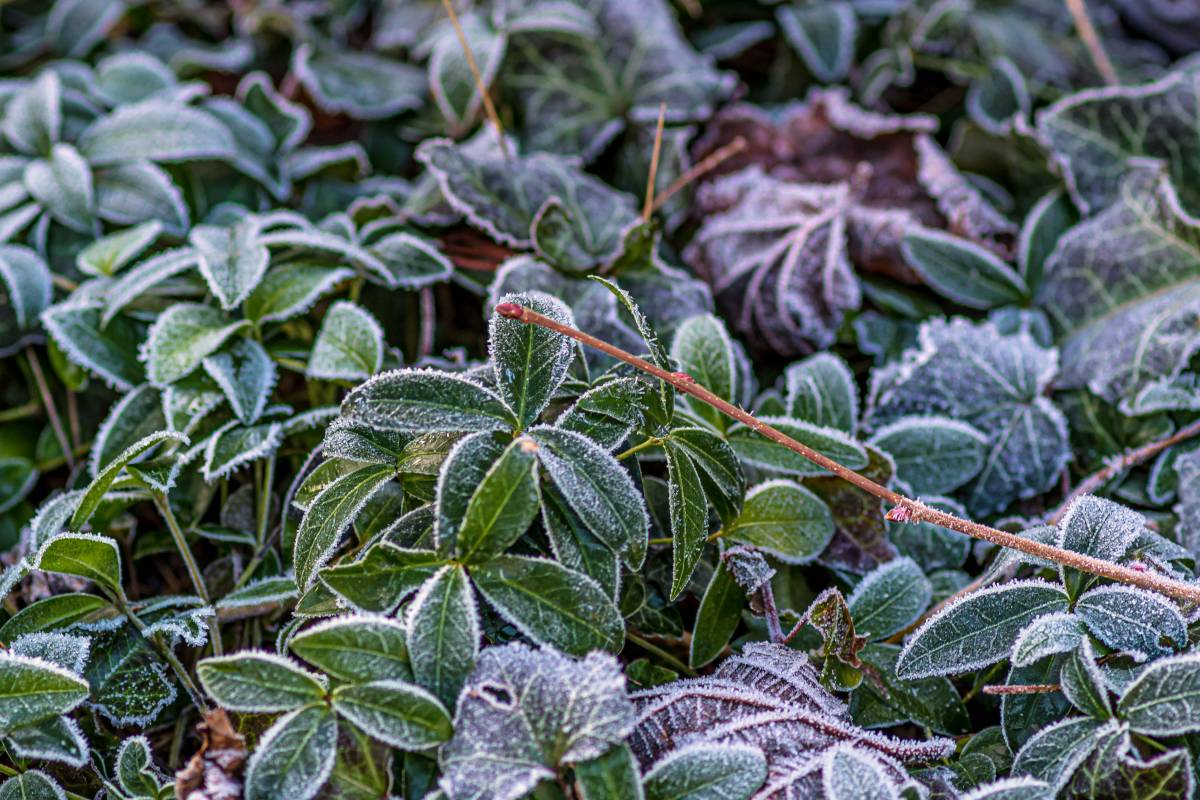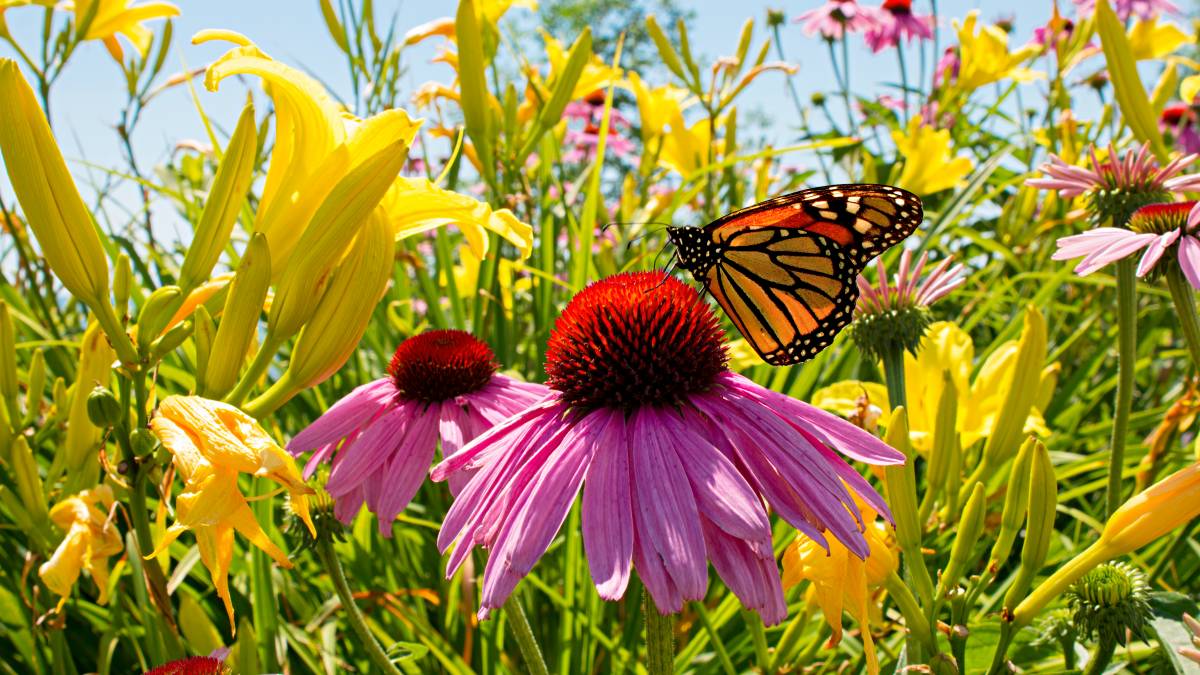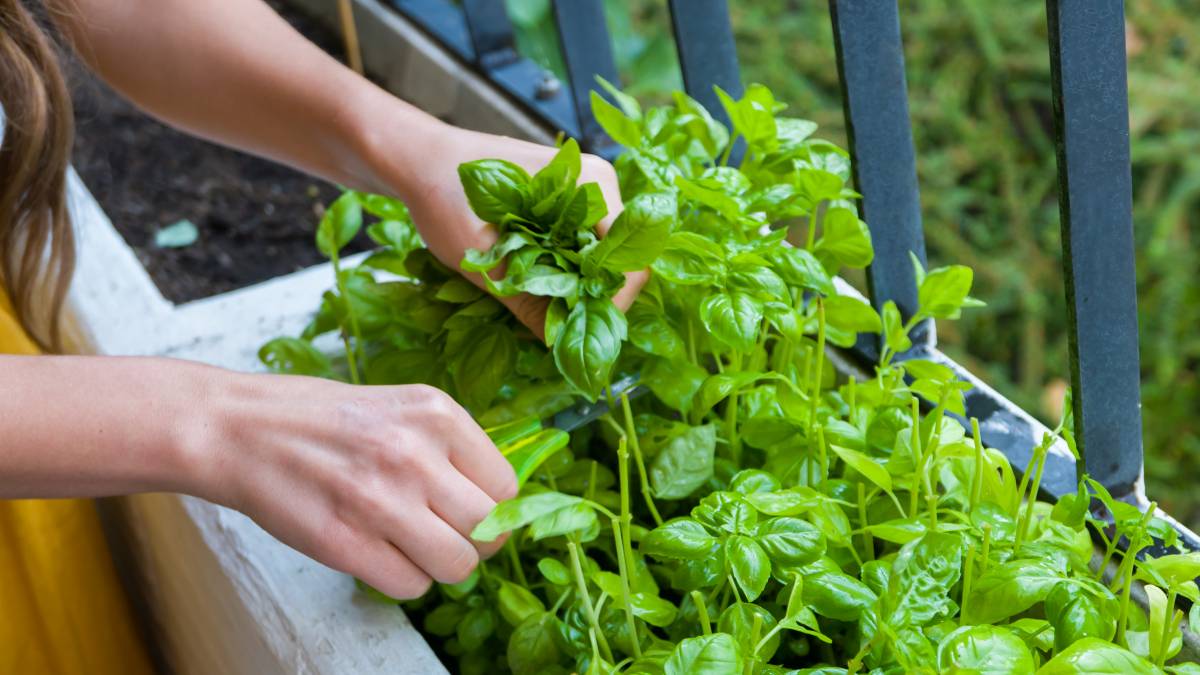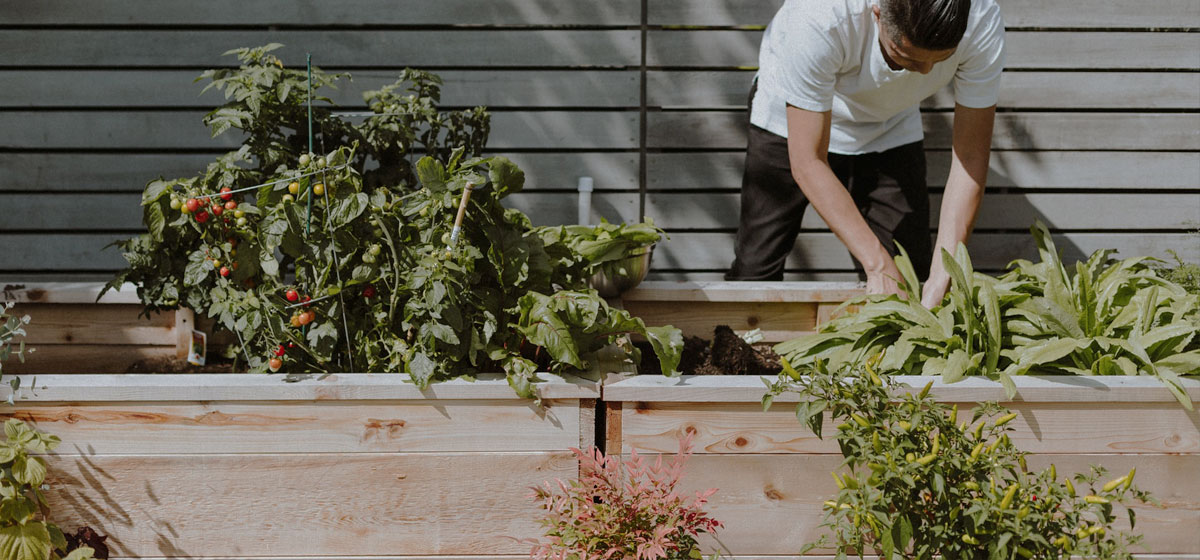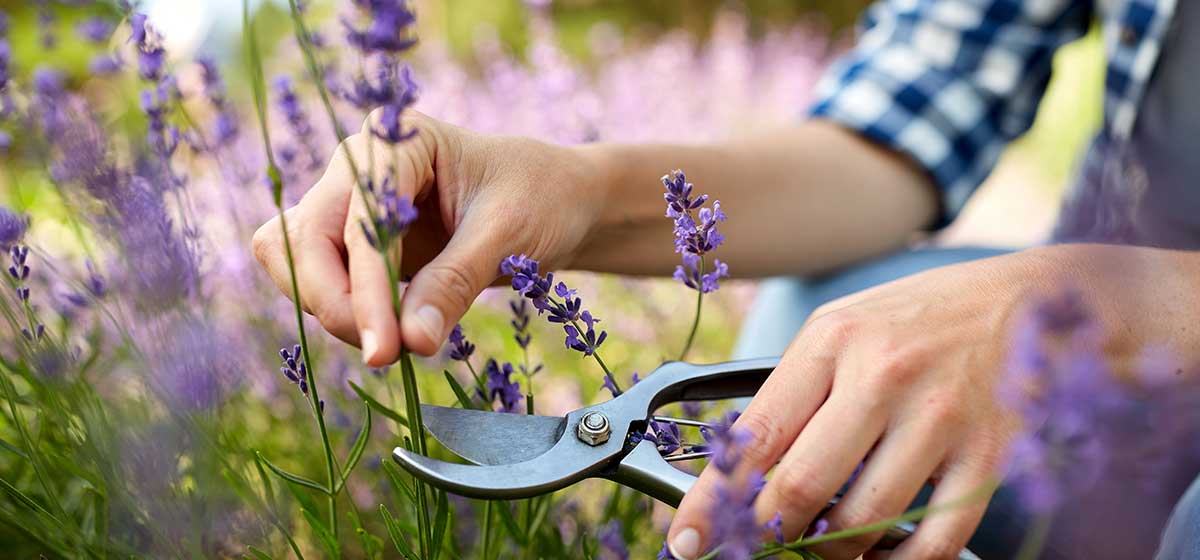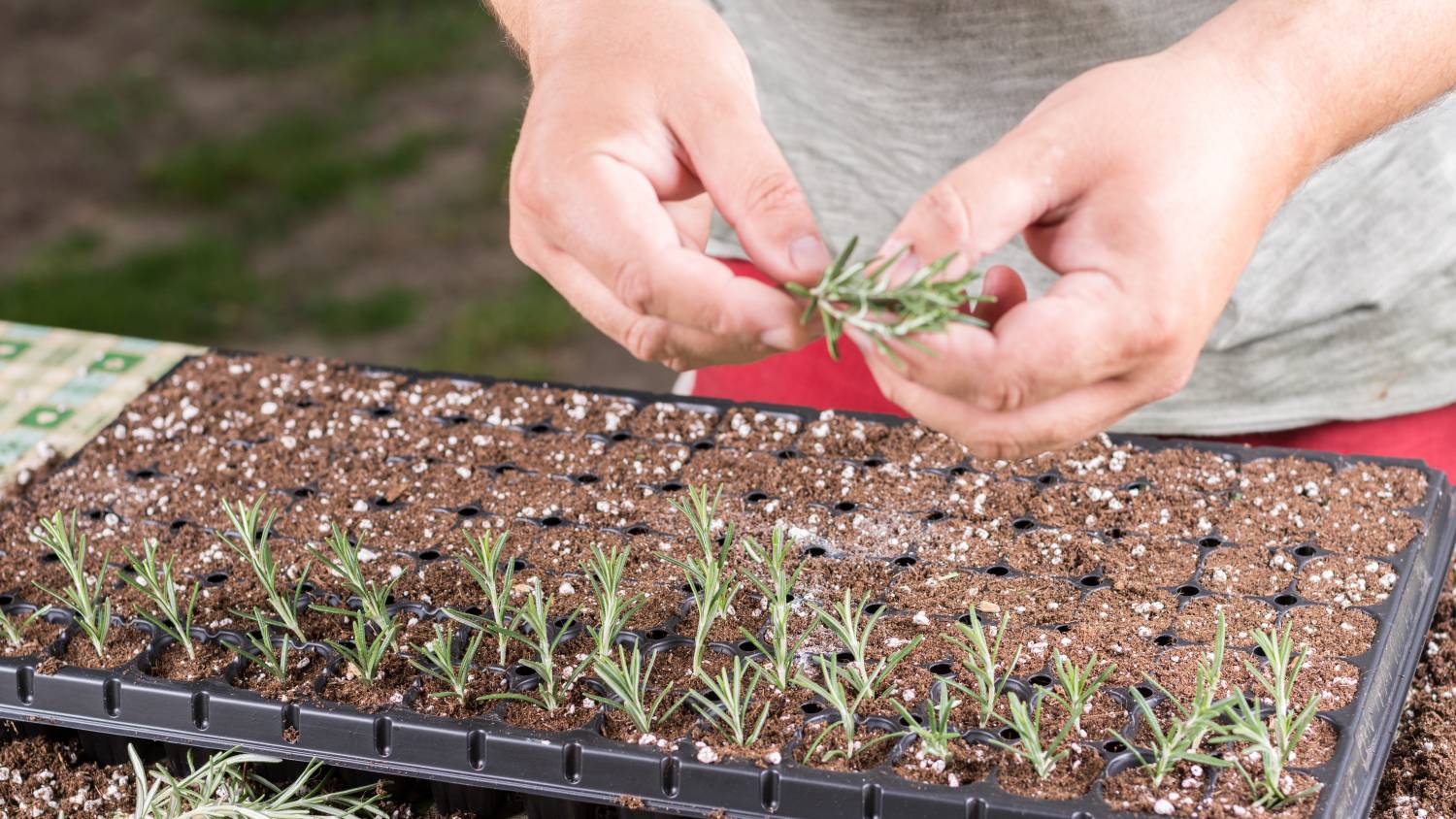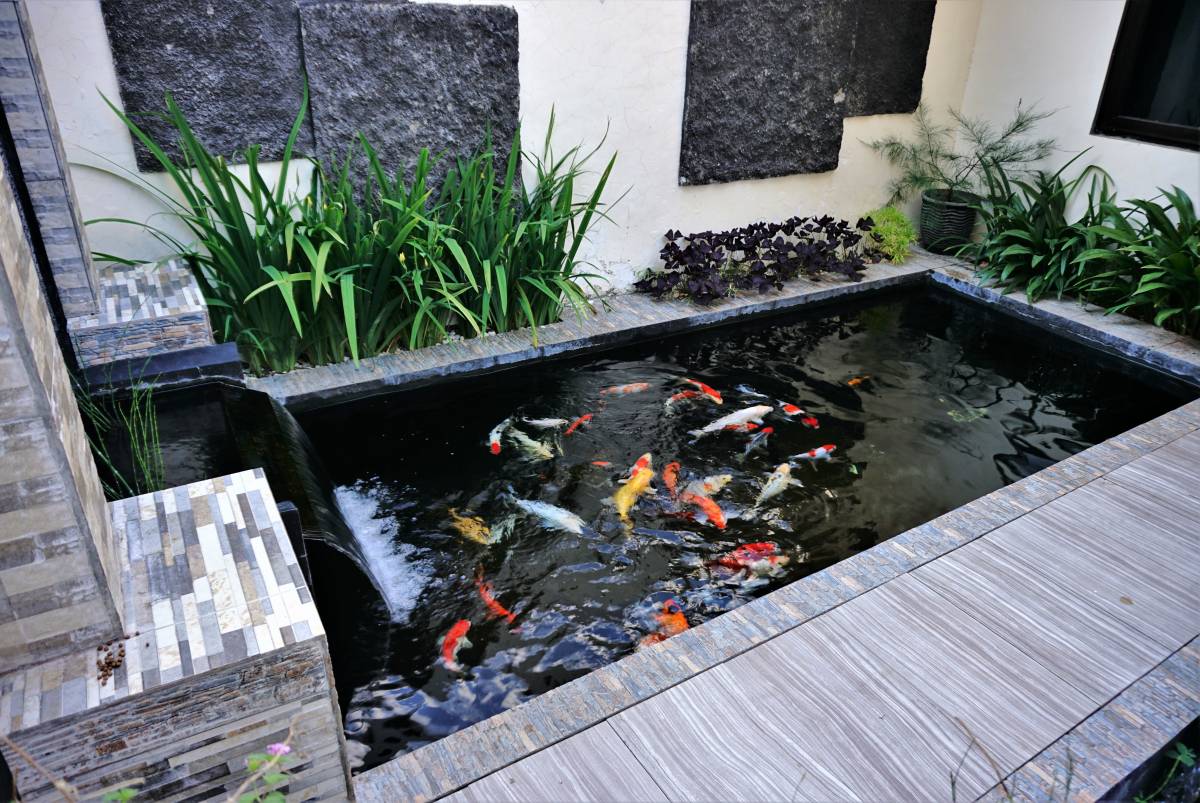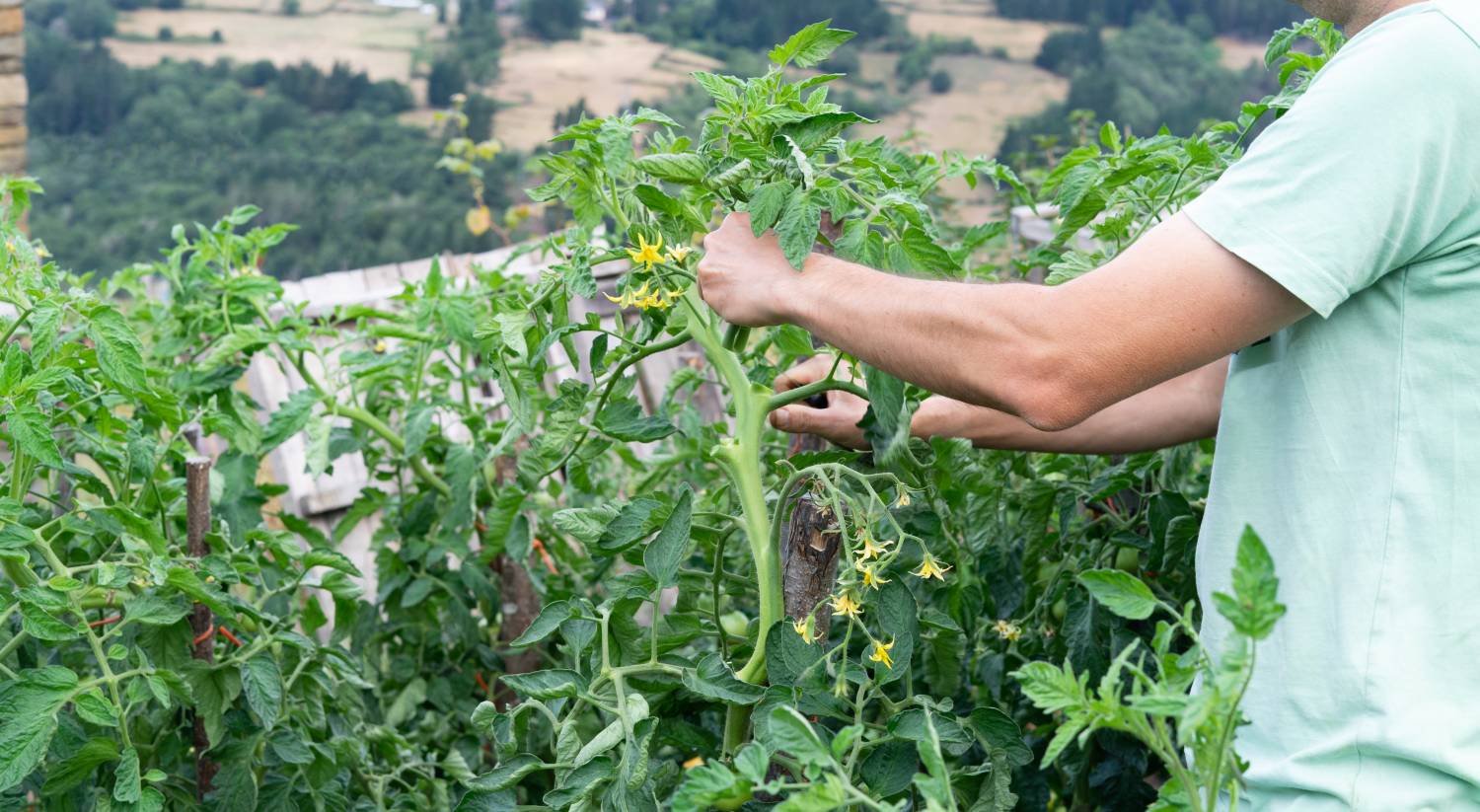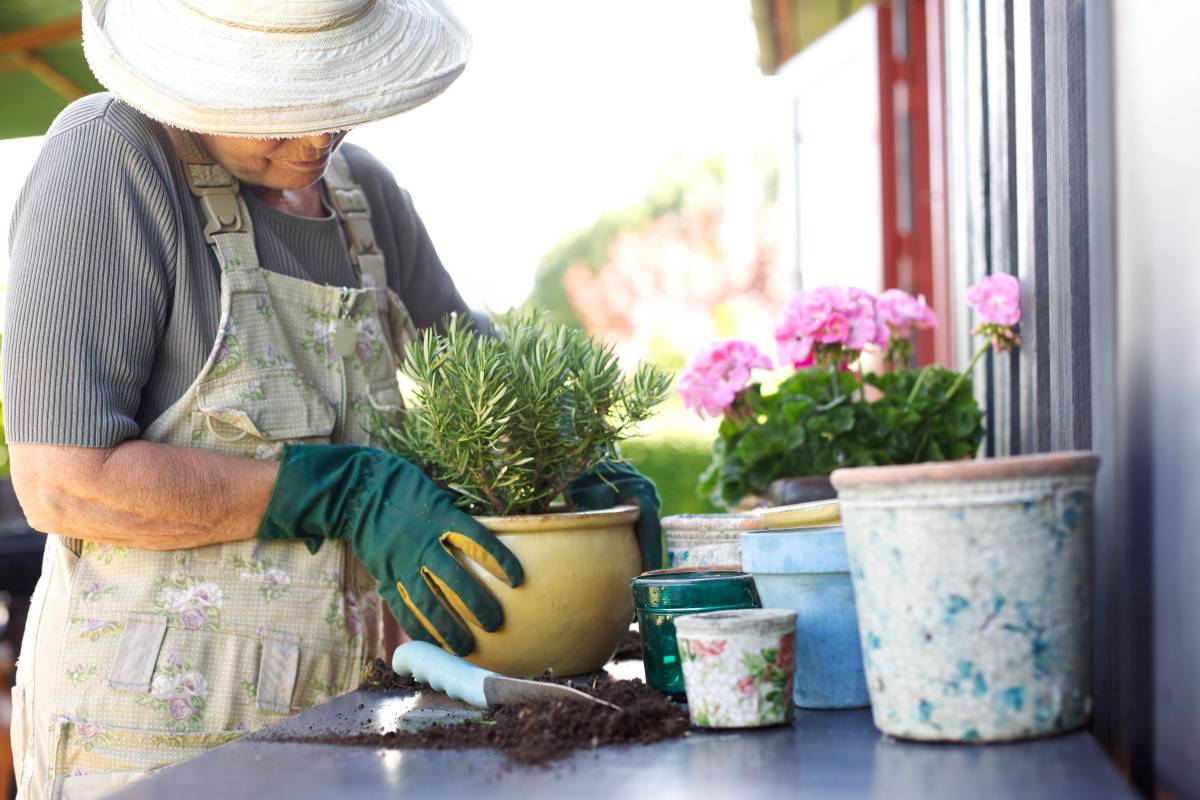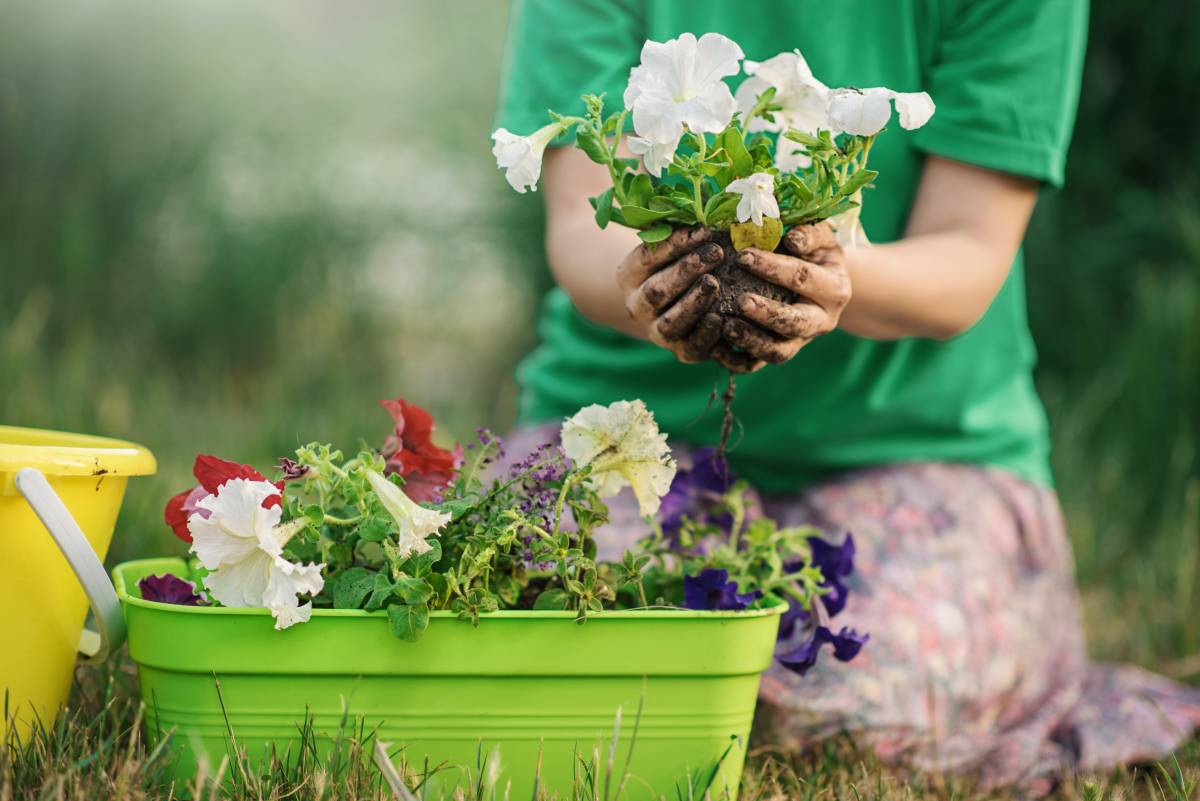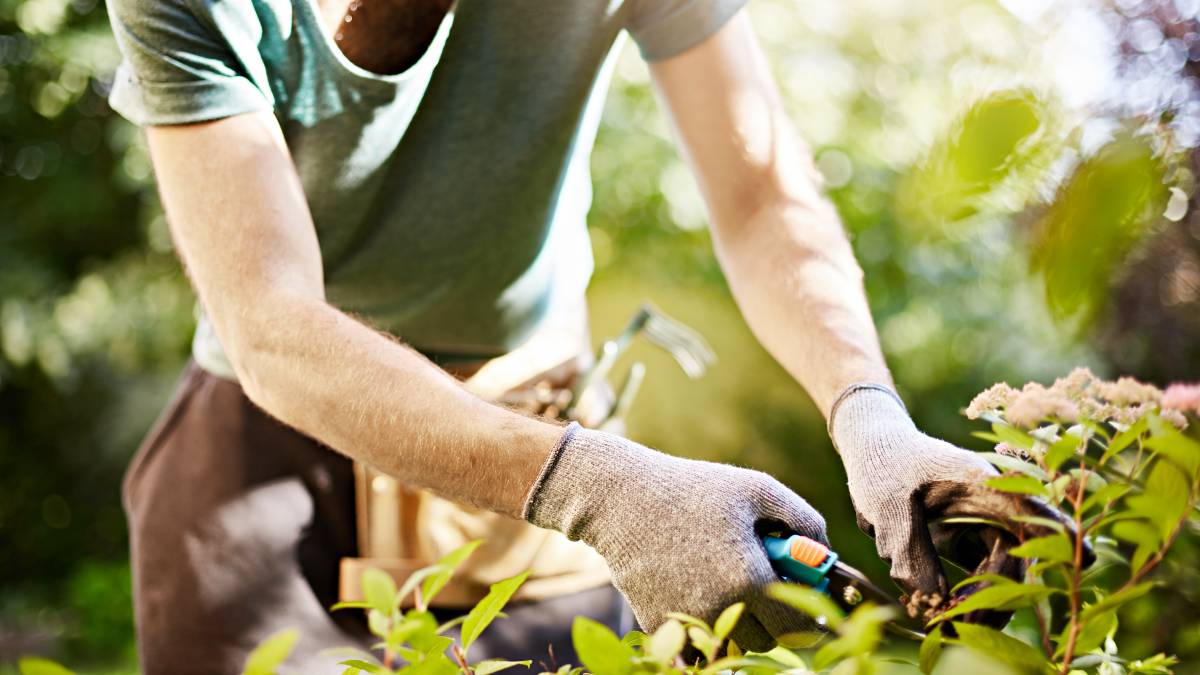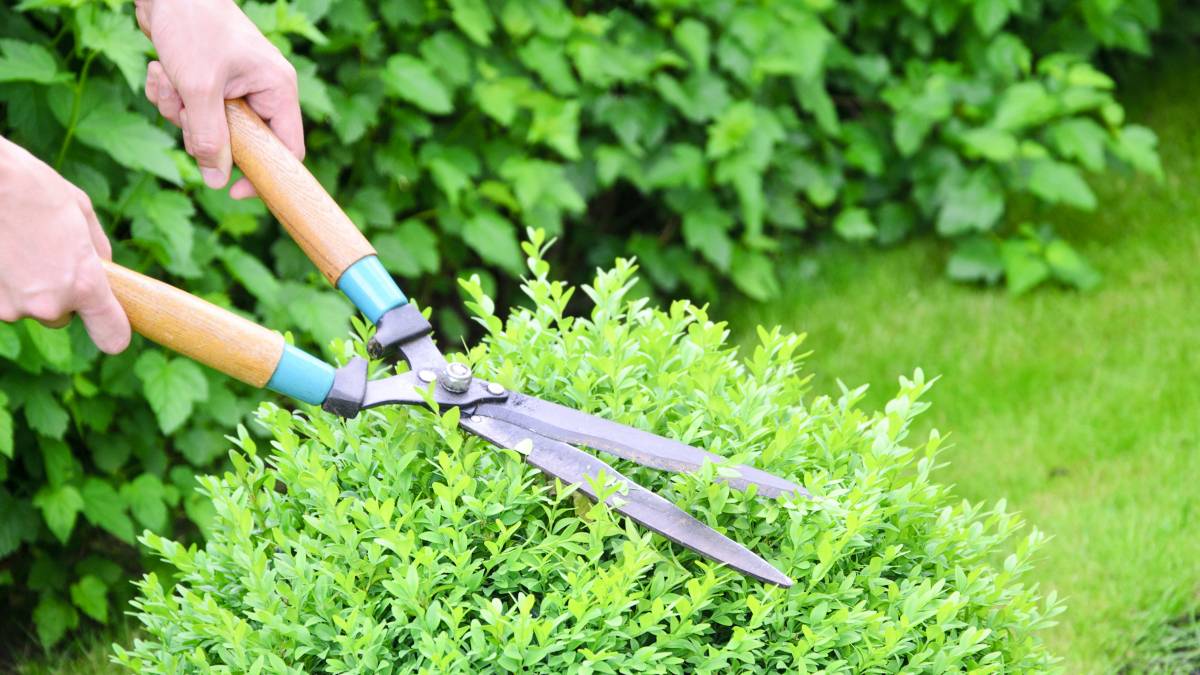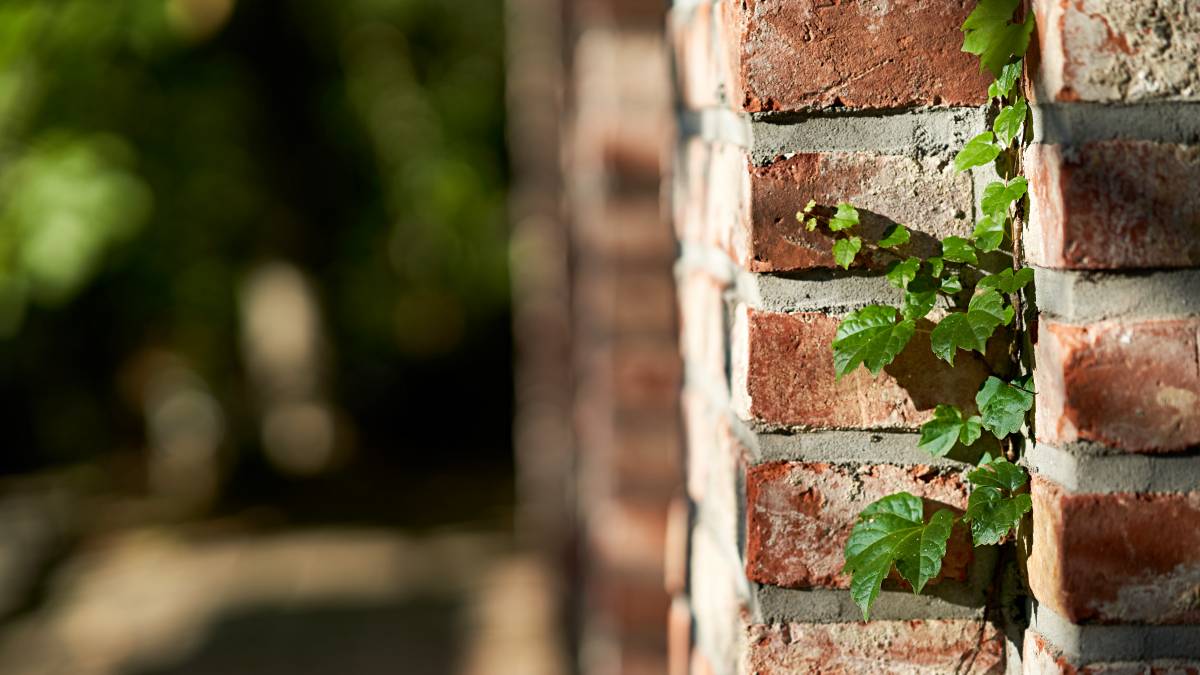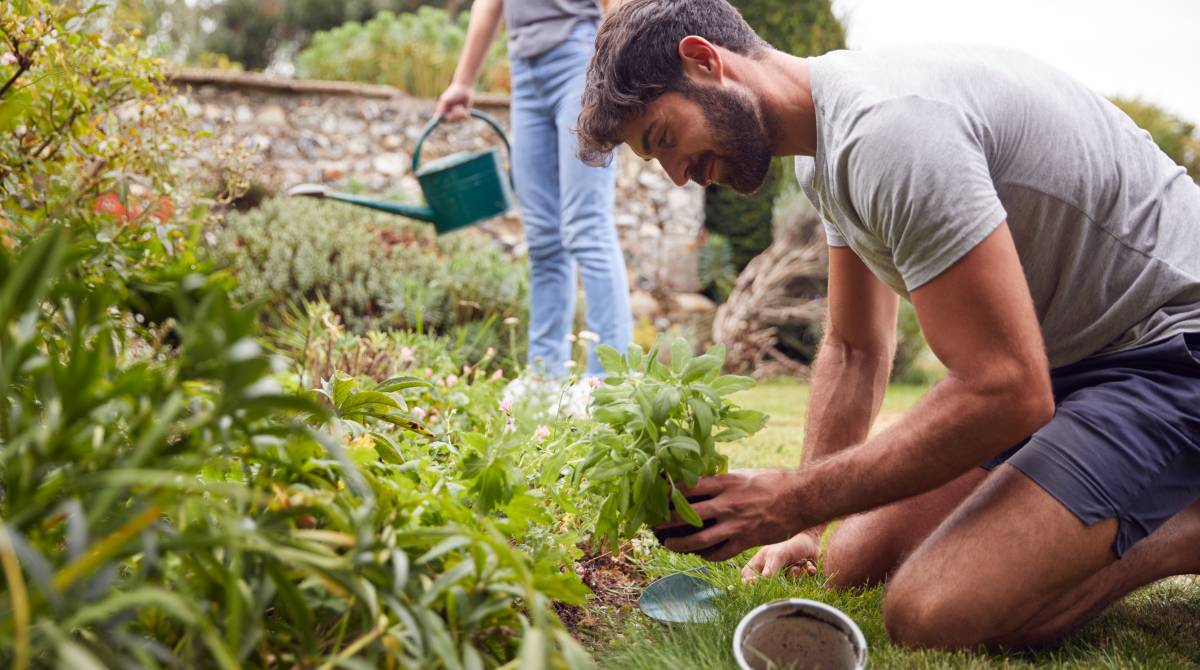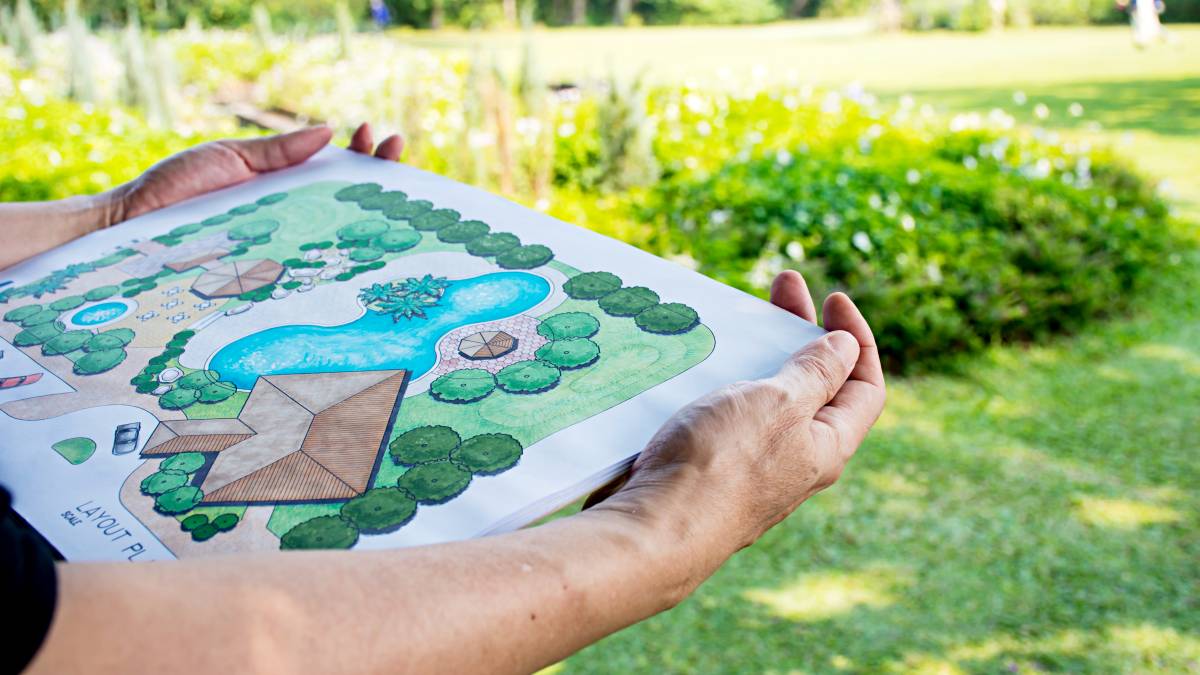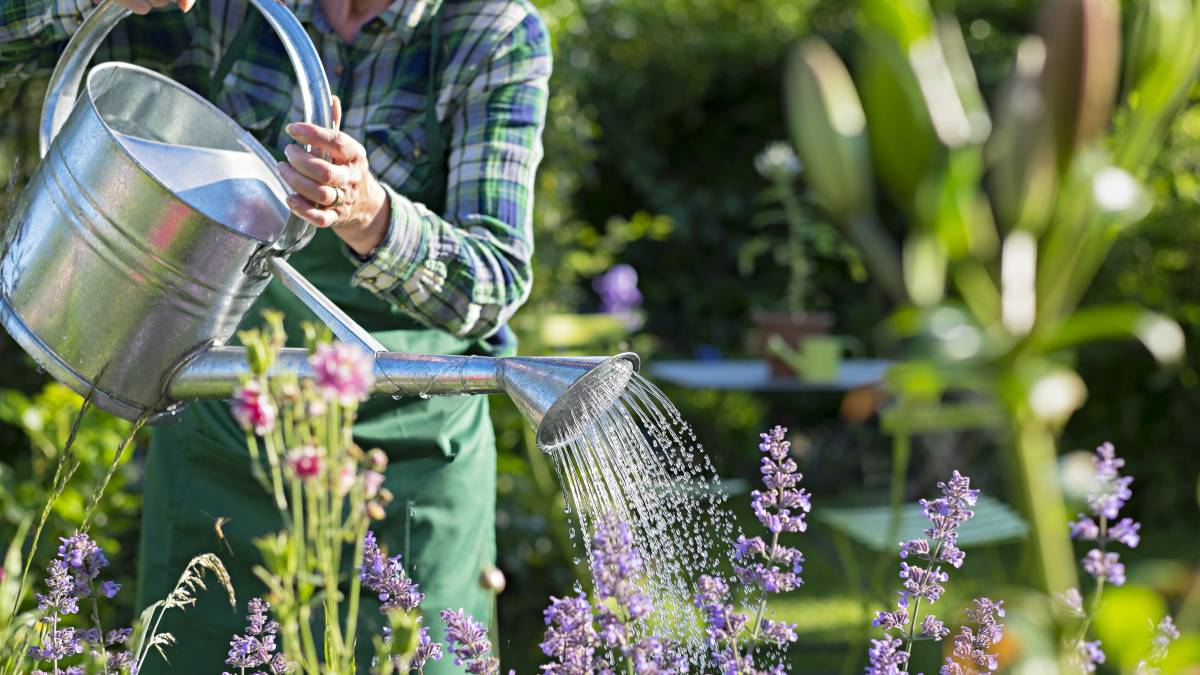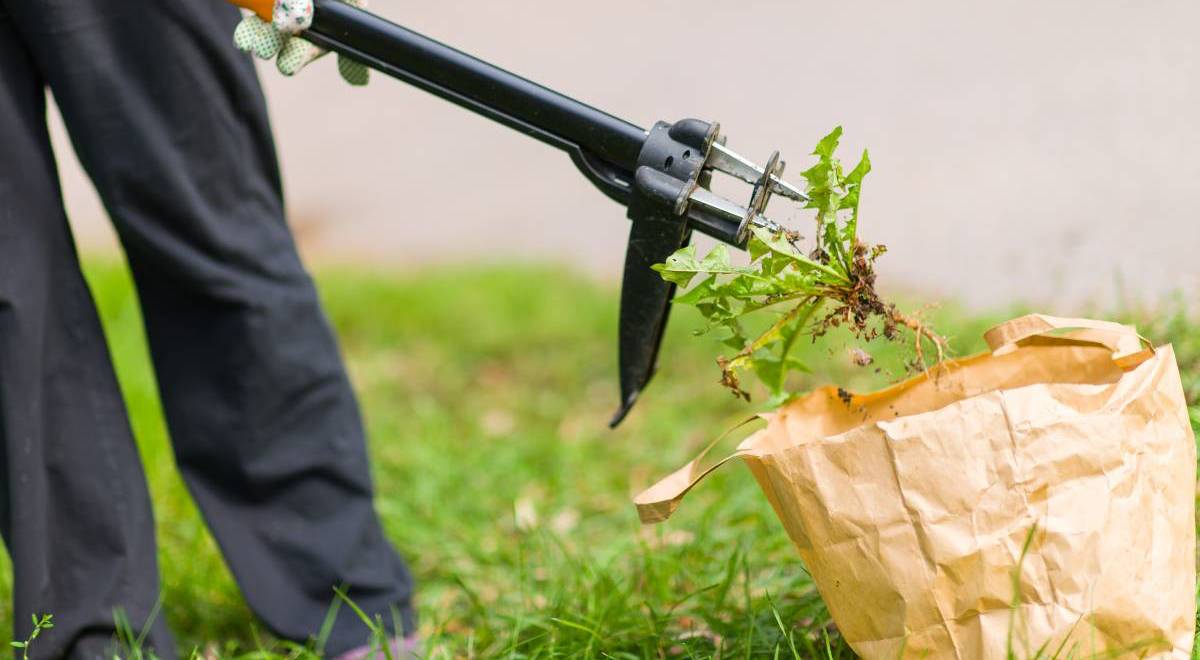
Weeding like a pro: How to weed a garden and stop weeds from growing
Weeds take up nutrients from the soil and hinder the healthy growth of your plants.
Find a weed control serviceLast Updated on
Weeds take up nutrients from the soil and hinder the healthy growth of your valuable plants. For this reason, you should kill weeds before they grow and mix with your other plants. In this guide, you’ll learn how to weed your garden and get an overview of weeding tools and methods you can use.
When should I start weeding my garden?
You can start weeding your garden any time of the year. Weeds grow year-round, so regular weeding is essential, except during winter. Spring and early summer, when weeds often sprout, are ideal times to weed your garden.
Extra tip: Break down the “monumental” task of weeding your garden by weeding every few days or weeks.
What are the common weeds?
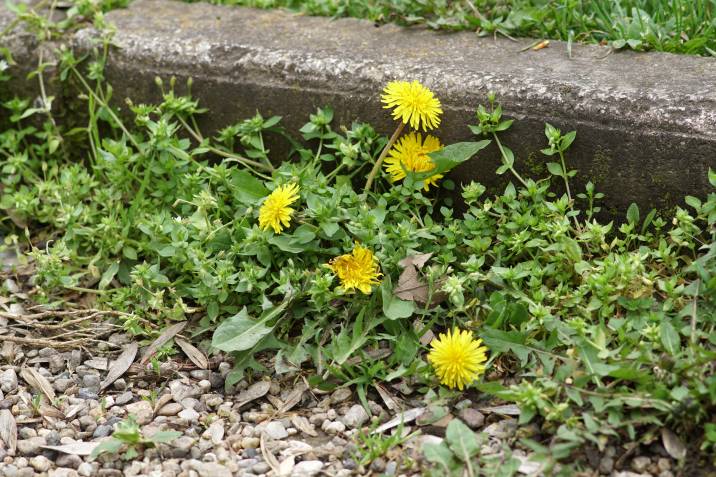
It’s important to know what weeds (i.e., unwanted plants) you’re working with before attempting to remove them. The common weeds include:
Wild onion and garlic
Dandelion
Thistle
Purslane
Broad-leaved dock
Bindweed
Annual weeds like crabgrass and purslane produce seeds the same year they sprout. You can kill off these weeds by hoeing your garden regularly and removing the flowers to prevent seed distribution.
Meanwhile, perennial weeds like dandelion can grow persistently even after hoeing. Mulching can stop the weed seeds from getting sunlight that encourages them to grow.
How do I weed a garden?
Weed control involves manually pulling and digging up weeds by the roots, applying chemical sprays, hoeing the garden, and applying mulch to the base of plants. Here are different ways to weed your garden.
1. Mechanical weeding techniques
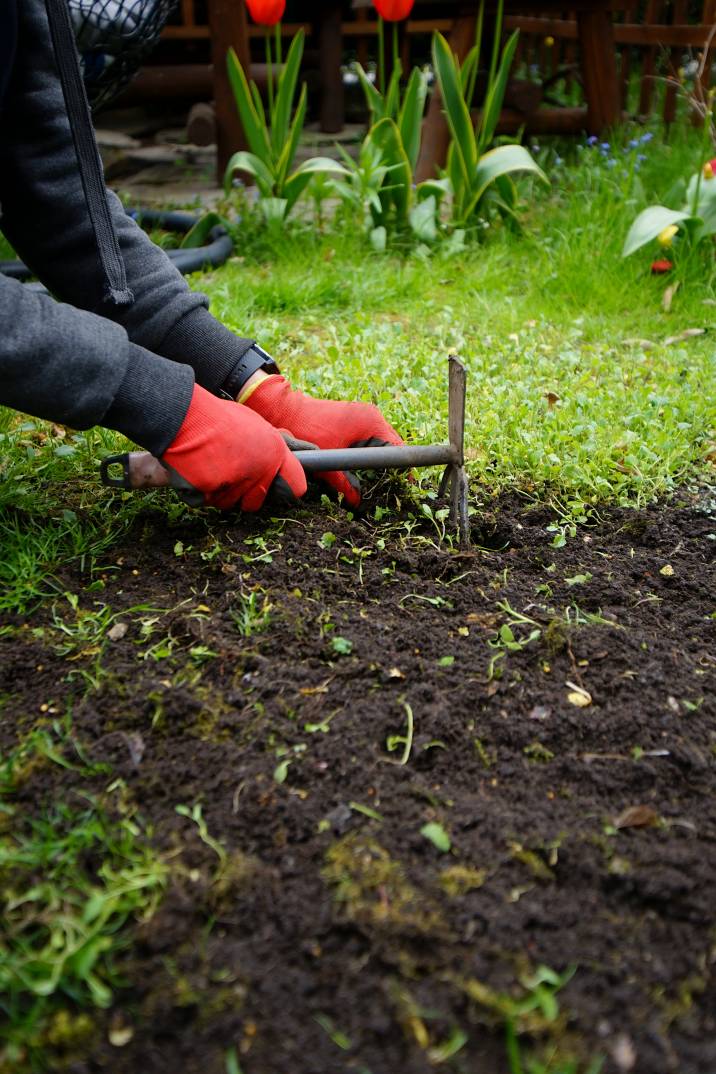
Mechanical weeding techniques include:
Hoeing
Cutting with garden knives and rakes
Using weeding trowels, and
Using weed burners
Here are some tips on choosing which weeding method to use:
Lawn weeding tools are ideal for uprooting small weeds from the topsoil.
Pulling out each weed from the root is more effective than cutting weeds.
Hoeing weeds is great for larger areas such as vegetable patches. Hoeing also dislodges roots to stop further growth.
How to hoe weeds effectively:
Make sure the soil is dry.
Hoe in one direction.
Cut off the top growth from the roots and leave it to wither under the sun.
Avoid hoeing too deeply, or you might dislodge ungerminated weed seeds.
2. Chemical weeding techniques
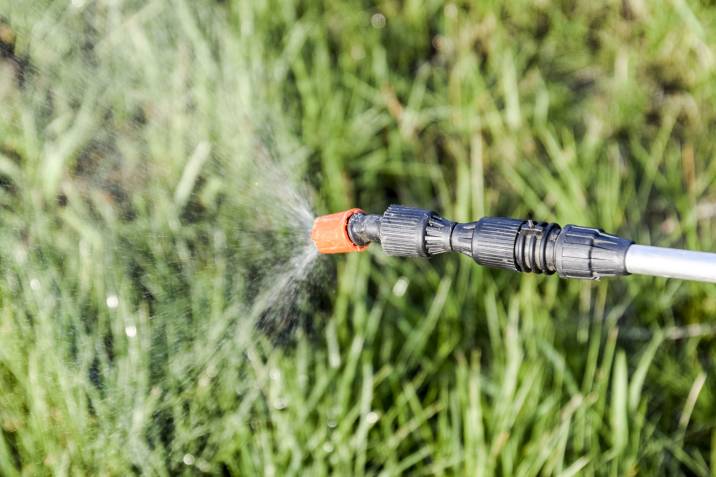
Chemical weeding techniques include using herbicides and weed suppressing membranes. You can also use natural materials like boiling water, salt, and vinegar.
For store-bought herbicides, make sure to follow the directions on the label and ensure the chemicals won’t be harmful to your beneficial plants.
For natural ingredients like salt and vinegar, keep in mind that these may not always be strong enough to kill weeds. In which case, you can combine homemade alternatives with hand-weeding or hoeing.
Is it better to pull weeds or spray them?
It’s best to combine manual and chemical weeding methods. Gardeners typically prefer pulling out weeds by hand. But stubborn weeds require herbicides. However, chemicals can harm plants, people, and pets. Consider hiring a weeding professional if your weeds require chemical solutions. Whichever method you choose, a weeding contractor can save you the time and effort of removing weeds from your garden.
Disposing of your weeds and weed stems
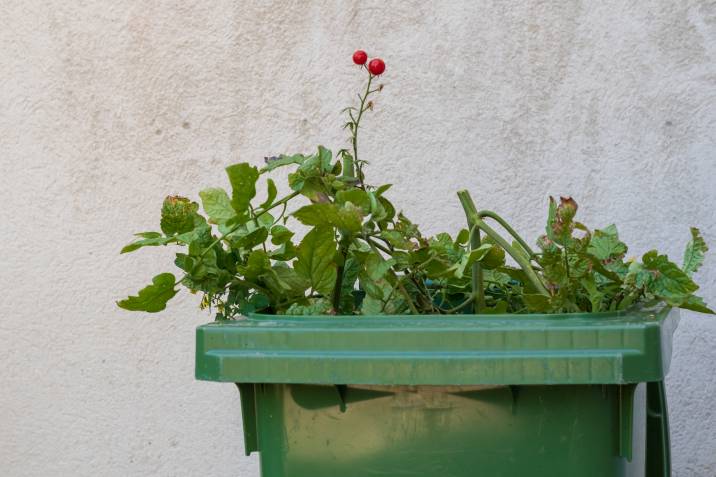
After weeding your garden, bag up the weeds and expose the bag to sunlight. This withers the weeds and kills them. You can turn the dead weeds into compost. Just make sure the compost pit exceeds 140 degrees Fahrenheit (60 degrees Celsius) to kill all the seeds and roots. Also, wait a month or two before composting weed seeds to prevent them from spreading in your garden.
If you have a large pile of weeds and other garden waste, you can book a local garden waste collection service on Airtasker.
How to prevent weeds
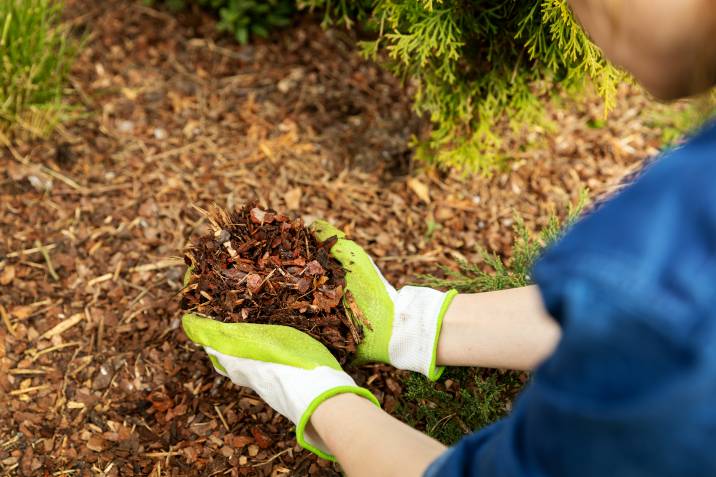
Here are some tips to prevent weeds from overtaking your garden:
Mulching – Apply at least 2 inches (5 centimeters) of organic matter such as well-rotted compost, bark chips, or even old cardboard.
Growing border plants – Leafy ornamentals like cranesbill can be used as “green manure” that blocks sunlight and prevents weeds from sprouting.
How to stop weeds in block paving
You can stop weed growth by sealing your block paving after removing the weeds. Pressure wash the gaps between each slab, then pour sand into the gaps of the block paving. Then, seal the area with a quality sealant. Avoid using bleach, as this can spread through your garden. When using weed killer, also make sure to read the instructions before spraying on your patio.
Prevention is better than cure, so you should remove weeds before seeds embed themselves in the block paving gaps.
Why you should consider a weed control service
Weeding your garden or lawn can take a lot of effort and time, especially if you have a large area. When spraying herbicide, you also risk contaminating the water supply and poisoning your beneficial plants. Not to mention, chemicals can be harmful to you, your family, and your pets. You can eliminate all these risks by hiring a weeding contractor to properly and safely weed your garden.
FAQs on weeding a garden
Yes, watering your garden before weeding can be beneficial, especially if your soil is too dry and tight. Removing weeds is easier when the soil is moist and loose. Try watering your garden even the morning before you weed; This should make weeding less tiresome and time-consuming.
You can try looking for selective herbicides or chemical weedkillers. You could also try combining this chemical weeding method with hoeing or pulling out weeds by hand. Take note that some herbicides may only target broadleaf weeds but will leave grass-like weeds alone. Always check the label on the herbicide before you start spraying!
Attacking and removing the roots is essential to stop weeds completely. Weeds eventually grow back if the plant root survives. You can prevent weeds from taking root by spraying herbicide, disposing of weeds correctly, and applying mulch. Mulch, such as newspaper mulch, will choke the weeds and retain soil moisture. Also, mow your lawn regularly, as long weeds produce seeds and reproduce.
Find weeders, fast
Find a weeder
Related guides
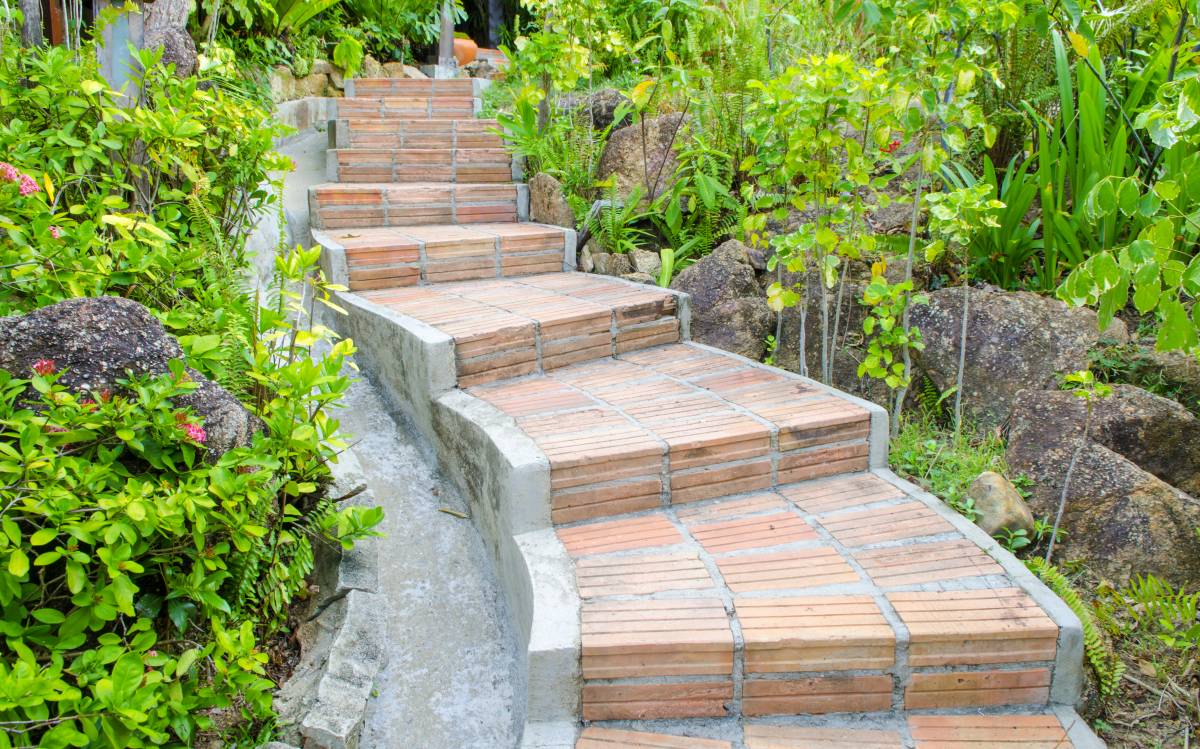
How to build garden steps
Read more
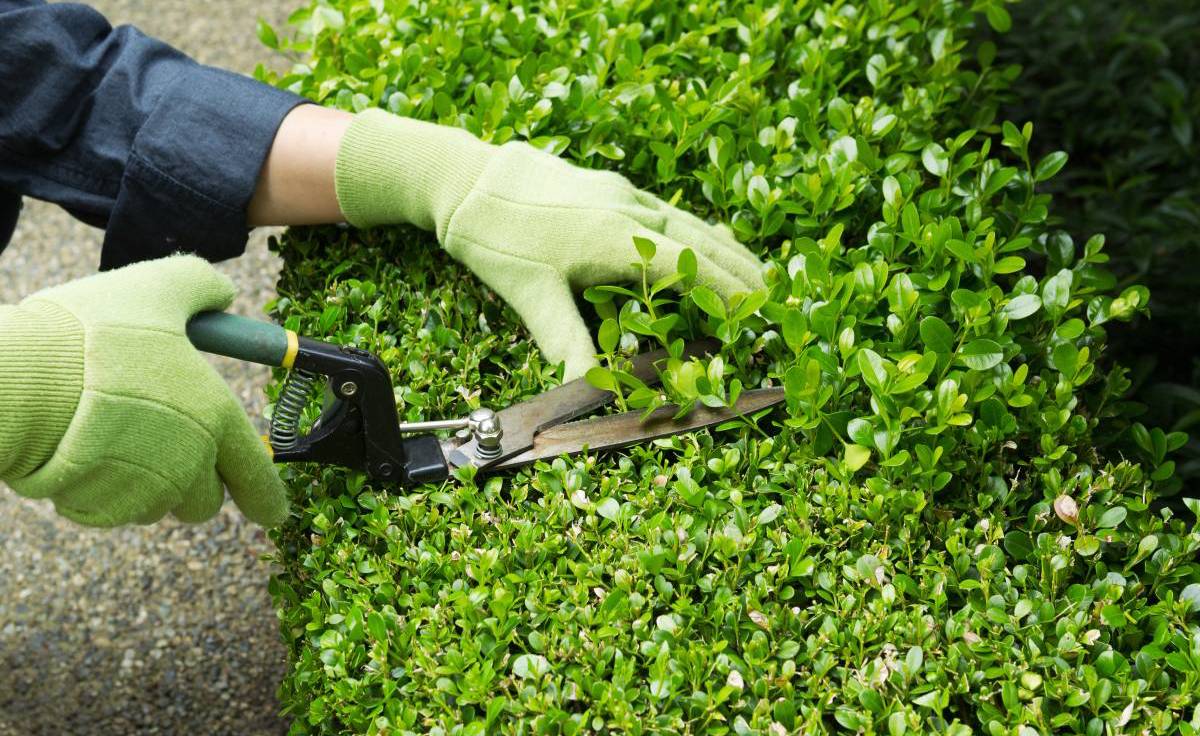
How to trim bushes the right way
Read more

13 best spring gardening tips
Read more
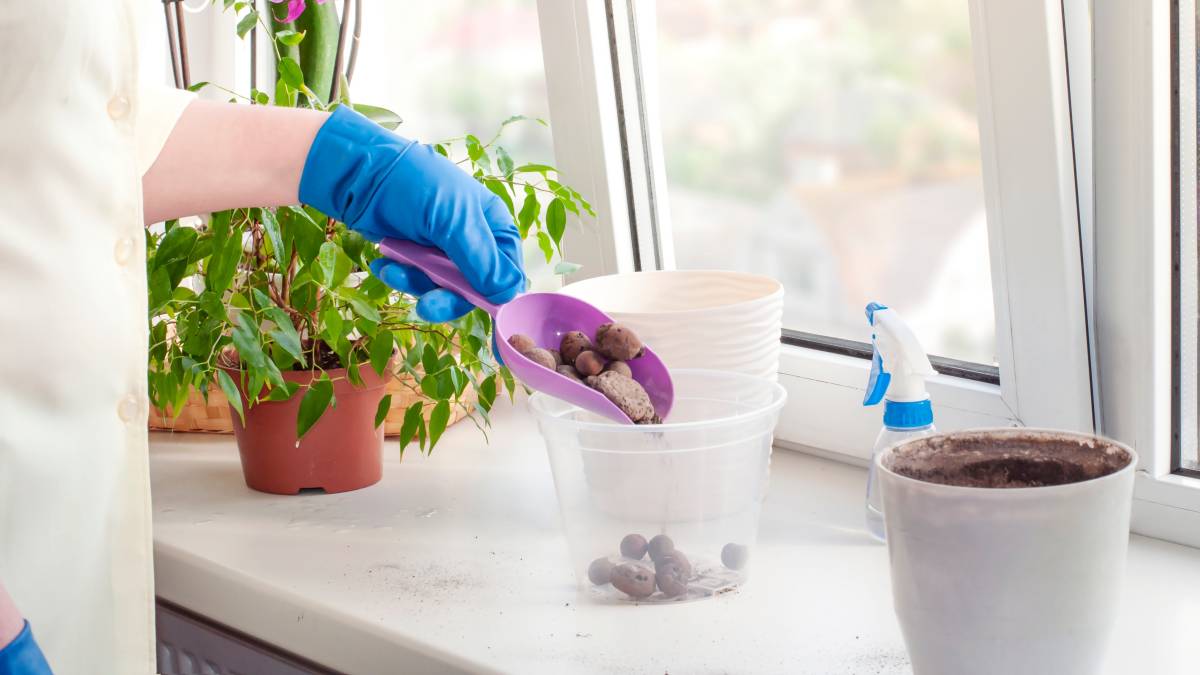
36 Quirky plant pot ideas you’ll love
Read more
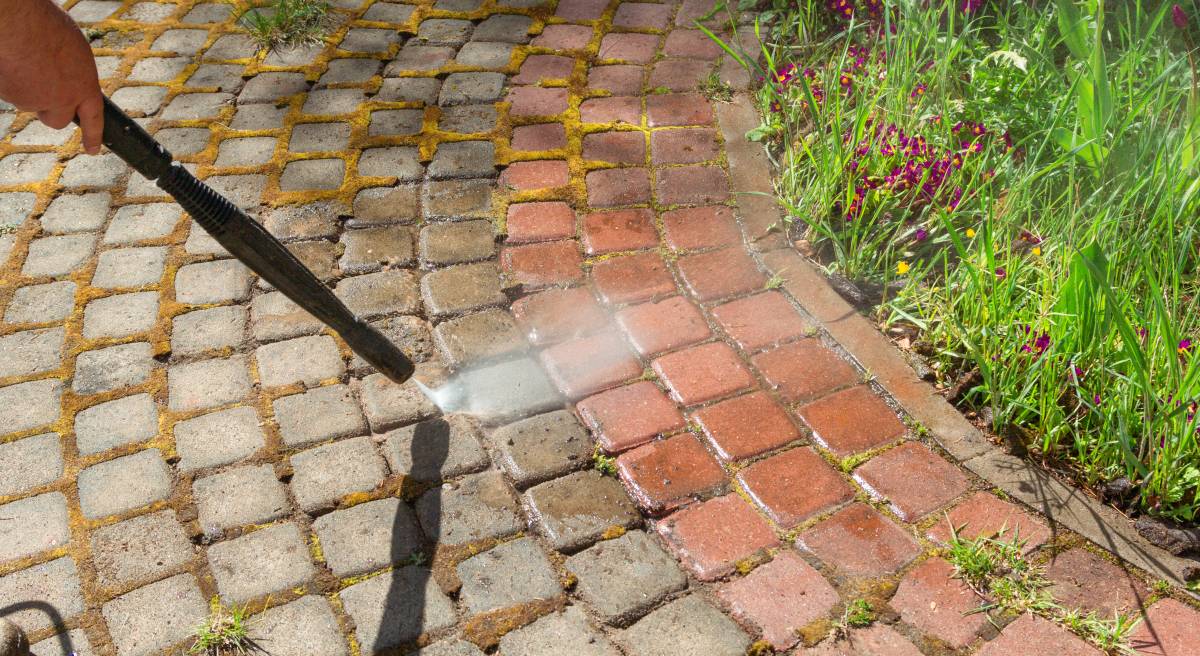
How to clean landscape rocks
Read more

25 ways to make money gardening
Read more
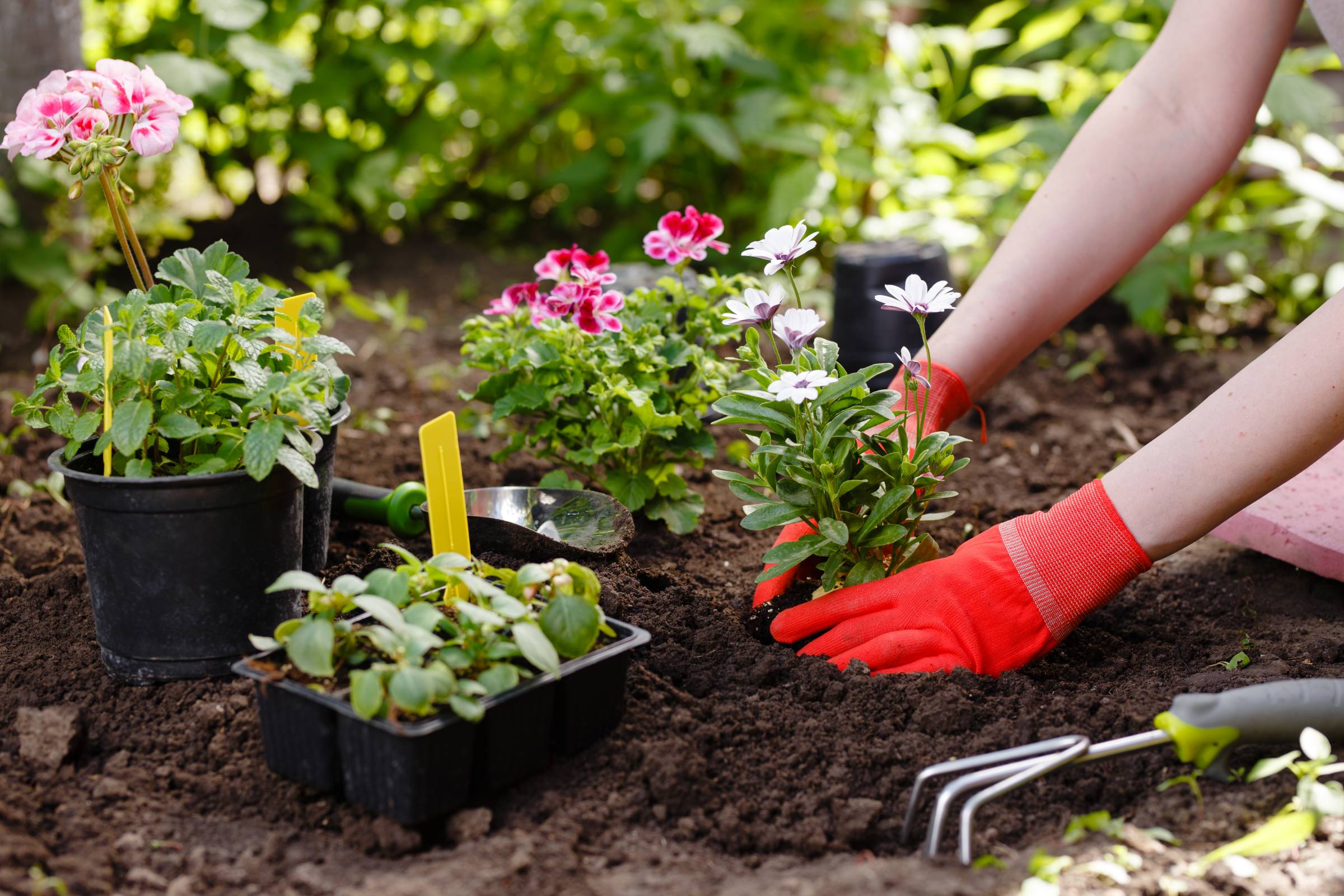
Your garden maintenance checklist
Read more

How to Start a Vegetable Garden
Read more
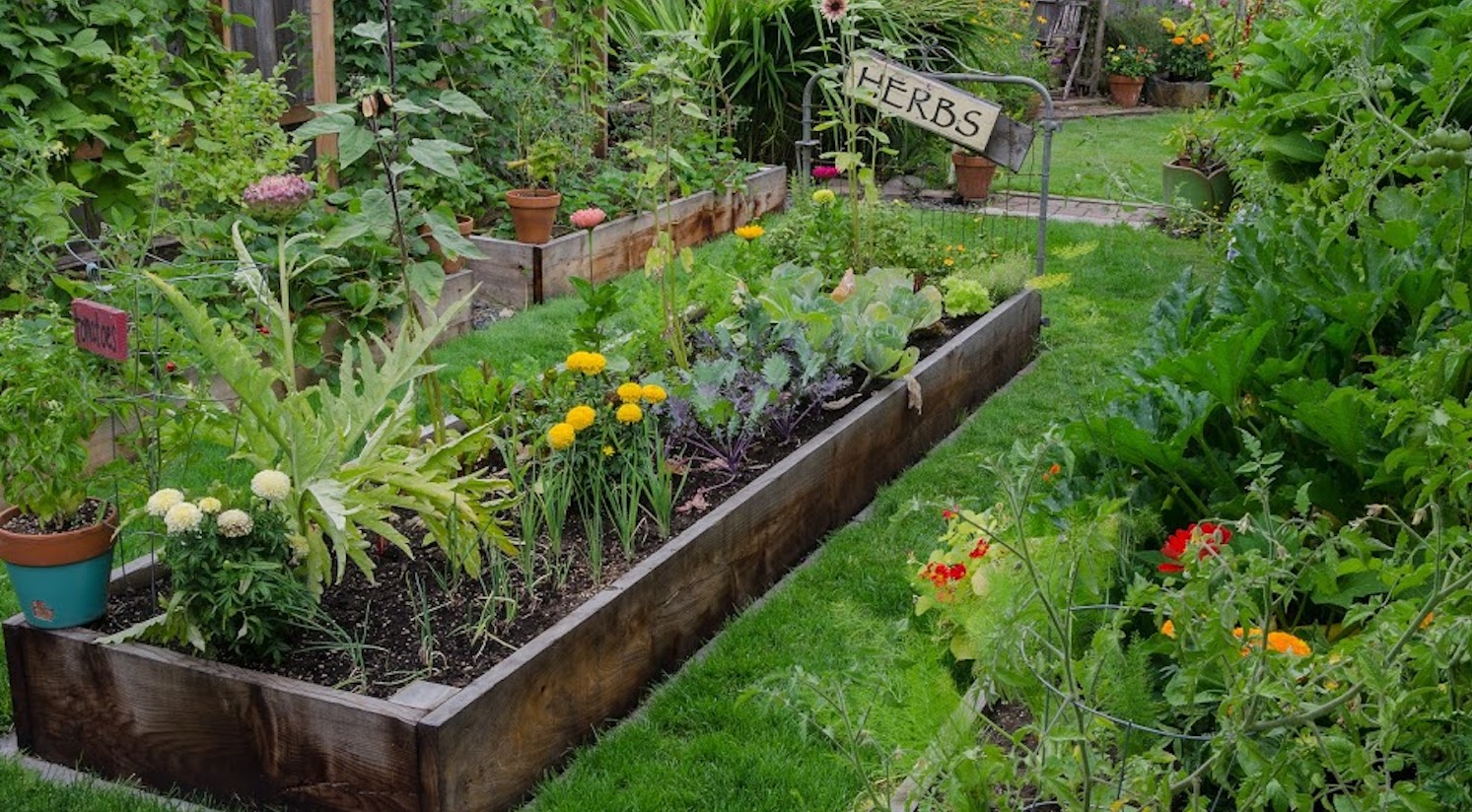
How to build a raised garden bed
Read more
Related price guides
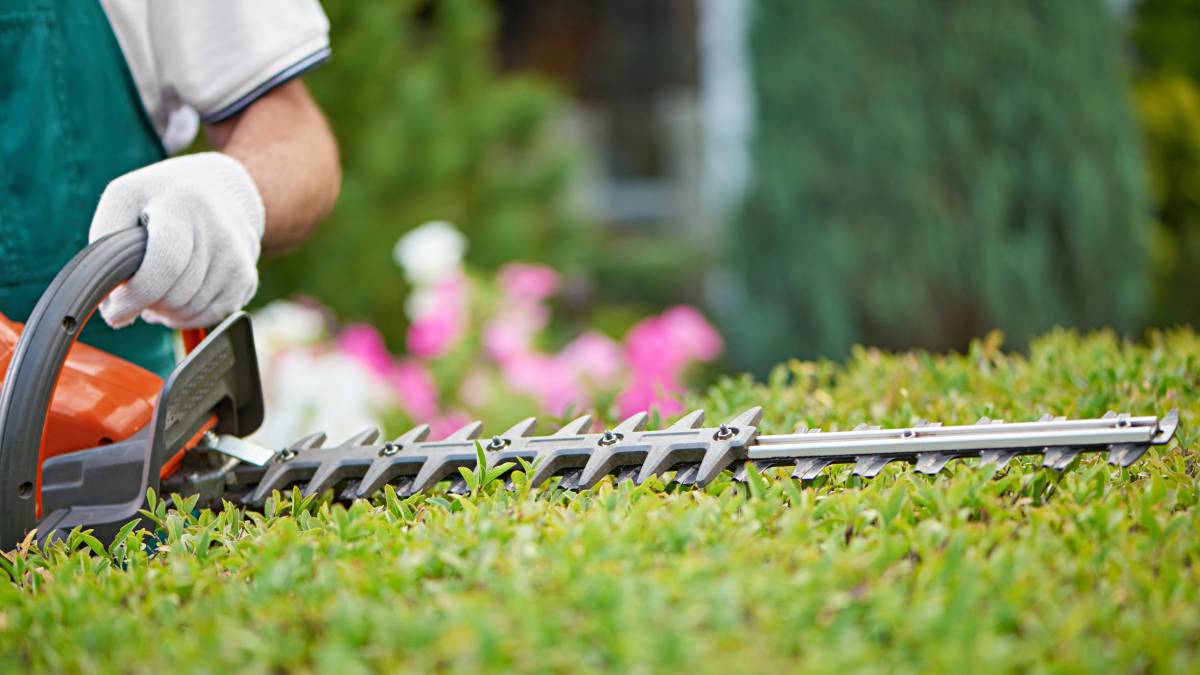
How much does hedge removal cost?
Read more

How much does a garden room cost?
Read more
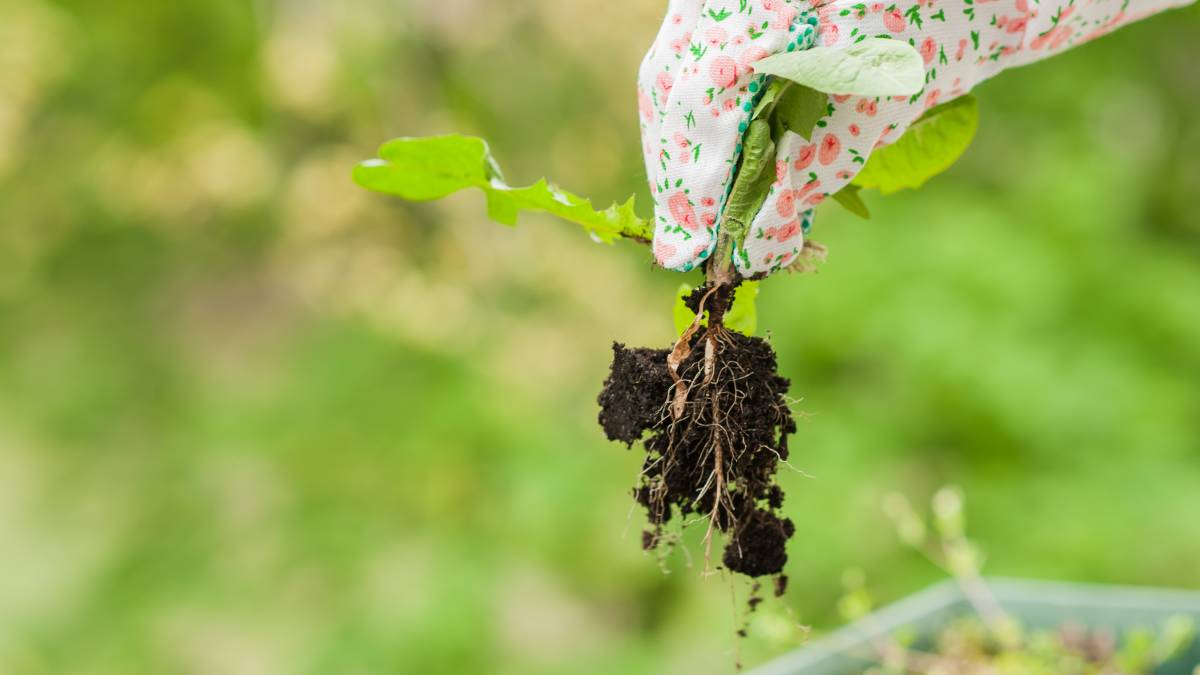
How much does weeding cost?
Read more
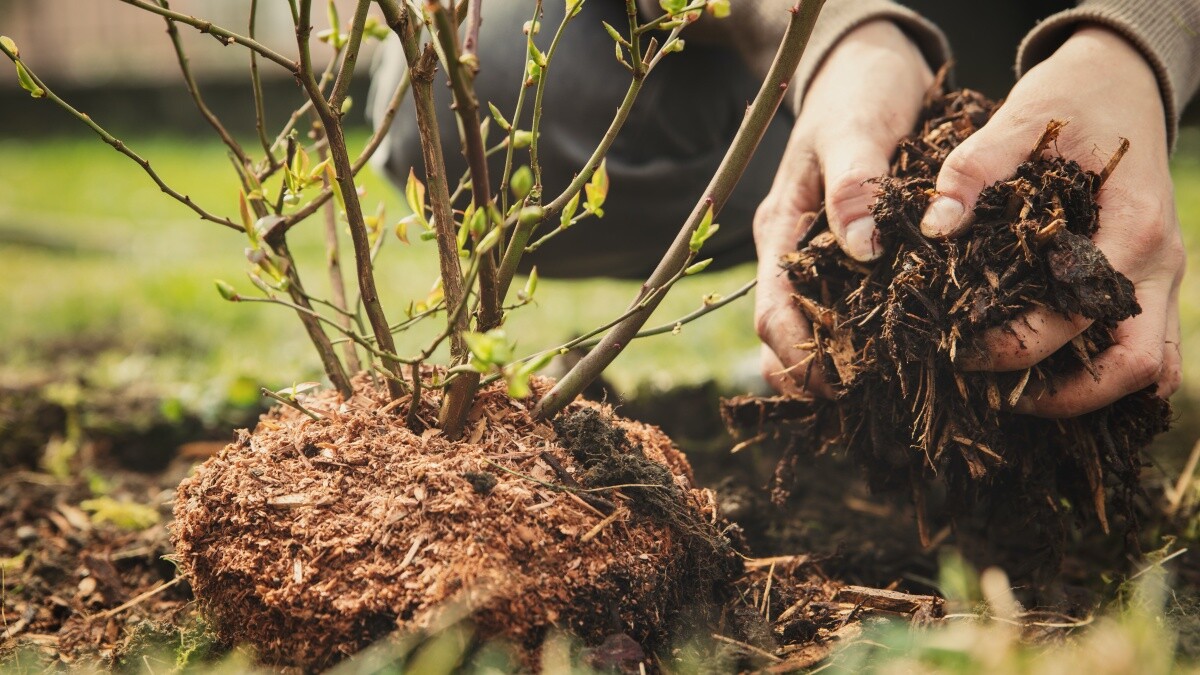
How much does mulch cost?
Read more
